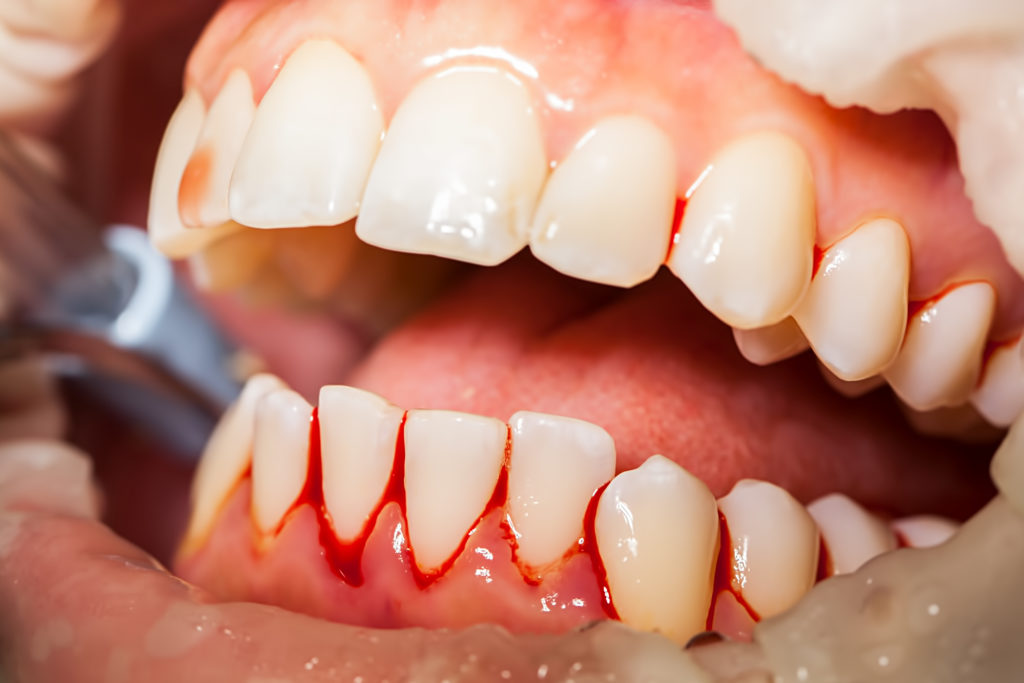
Why do my gums bleed when I brush or floss?
Noticing blood when you brush or floss your teeth can be alarming and uncomfortable. Bleeding gums are a common issue, but what causes it? Should you be worried? Let’s explore the reasons behind bleeding gums and what you can do about it.
Common Causes of Bleeding Gums
-
Gingivitis: The most common cause of bleeding gums is gingivitis, the early stage of gum disease. Plaque buildup along the gumline causes inflammation, making your gums red, swollen, and prone to bleeding during brushing or flossing.
-
Improper Brushing or Flossing: Brushing too hard or using a stiff-bristled toothbrush can irritate gums. Similarly, flossing aggressively or for the first time after a break can cause minor bleeding.
-
Poor Oral Hygiene: Infrequent brushing and flossing allow plaque and tartar to build up, leading to gum irritation and bleeding.
-
Hormonal Changes: Hormonal fluctuations during pregnancy, menstruation, or menopause can make gums more sensitive and prone to bleeding.
-
Vitamin Deficiencies: Lack of vitamin C or vitamin K can affect gum health and blood clotting, leading to bleeding.
-
Medications: Certain medications, such as blood thinners, can increase the likelihood of gum bleeding.
-
Medical Conditions: Health issues like diabetes, blood disorders, or immune deficiencies can impact gum health.
When Should You See a Dentist?
-
If bleeding gums persist for more than a week despite good oral hygiene.
-
If bleeding is heavy or accompanied by pain, swelling, or bad breath.
-
If you notice gums pulling away from your teeth or loose teeth.
These symptoms could indicate more serious gum disease or other dental problems needing professional care.
How to Reduce Bleeding Gums
-
Improve Oral Hygiene: Brush gently with a soft-bristled toothbrush twice daily and floss daily to remove plaque.
-
Use the Right Technique: Avoid aggressive brushing or flossing. Your dentist can show you the proper method.
-
Regular Dental Visits: Professional cleanings remove tartar that you can’t eliminate at home.
-
Healthy Diet: Eat foods rich in vitamins C and K.
-
Avoid Tobacco: Smoking weakens your immune system and worsens gum problems.
Final Thoughts
Bleeding gums are often an early warning sign of gum disease or irritation. While occasional minor bleeding can happen, persistent bleeding is a sign to take action. By maintaining good oral hygiene and seeking timely dental care, you can keep your gums healthy and your smile bright.
Tag: doctor, medicinePopular Posts
-

-

How often should I visit the dentist?
05 Jun, 2025 -
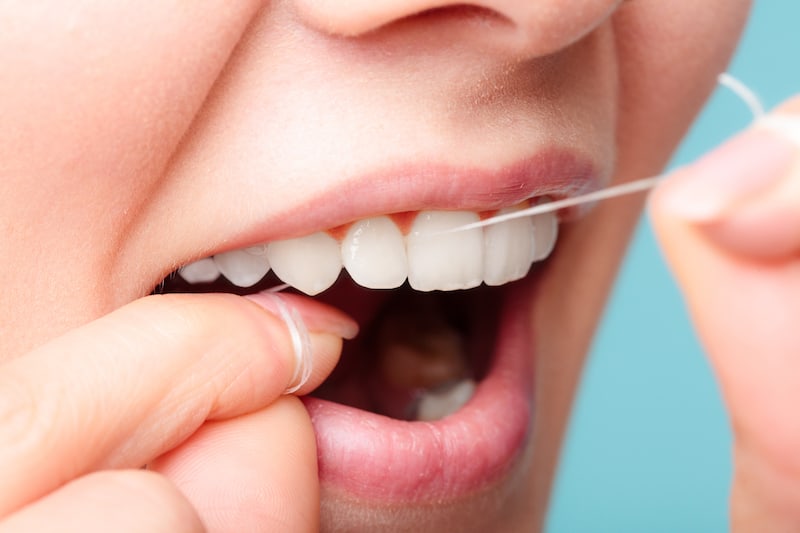
-
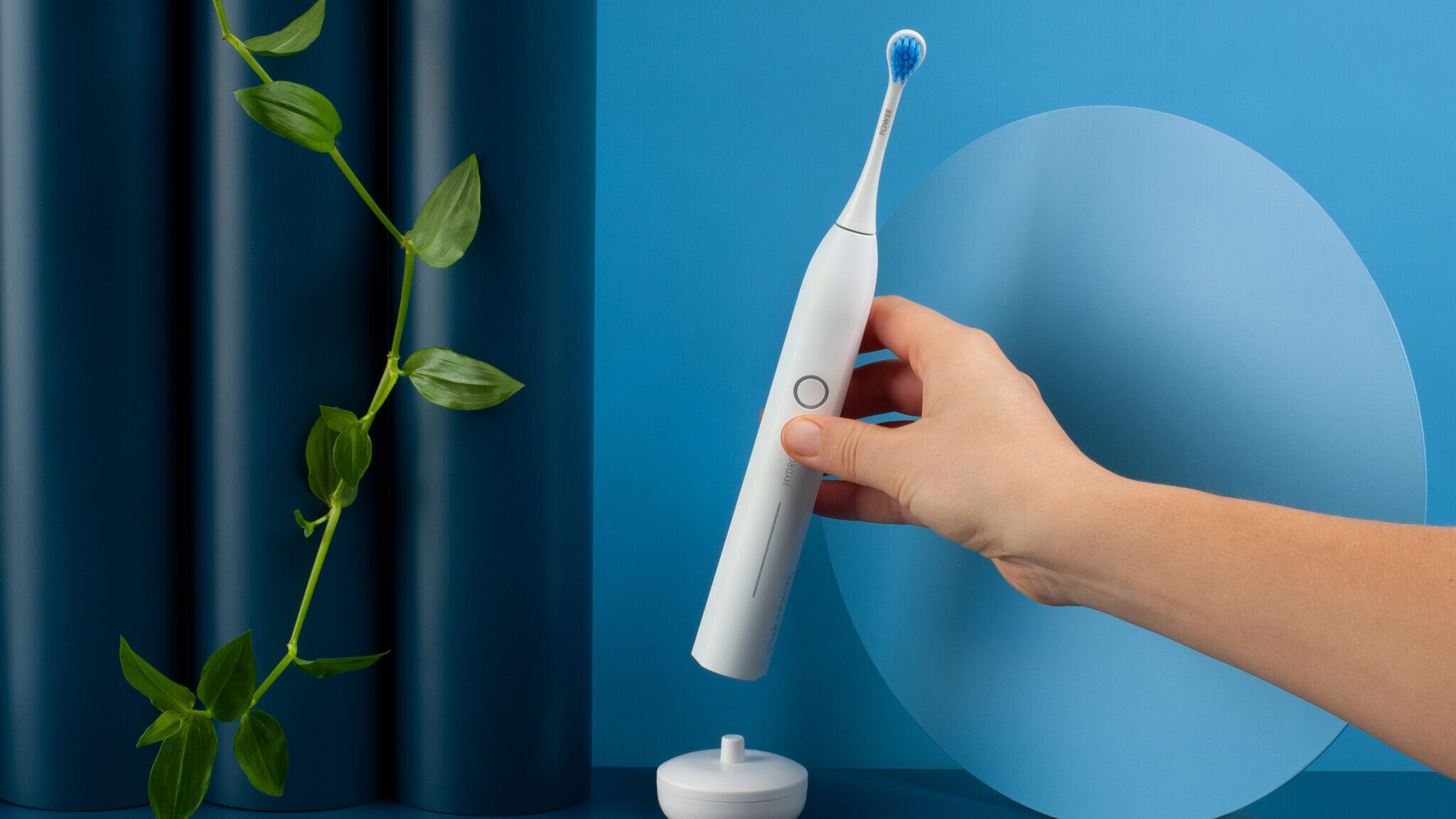
-
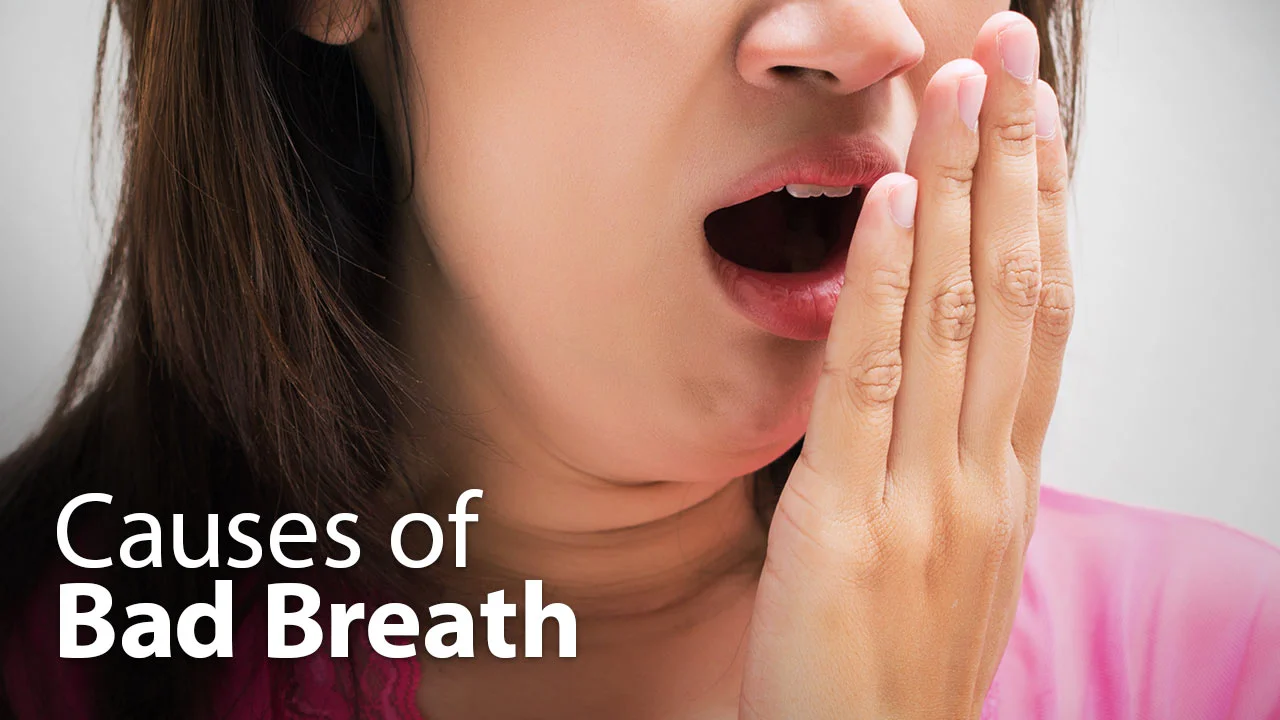
What are the most common causes of bad breath?
05 Jun, 2025 -
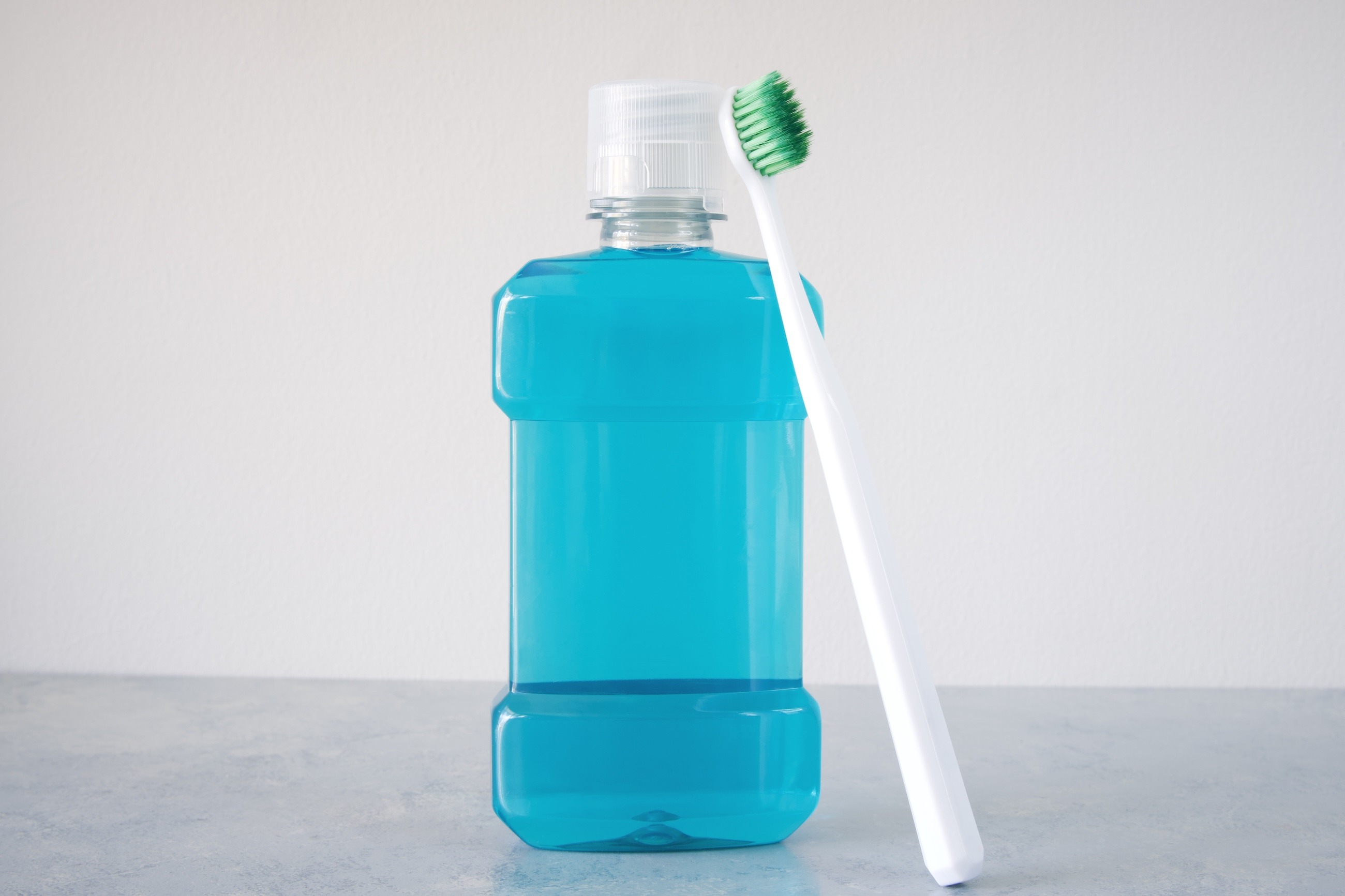
Is mouthwash necessary, or is brushing enough?
05 Jun, 2025 -

Is teeth whitening safe?
05 Jun, 2025 -
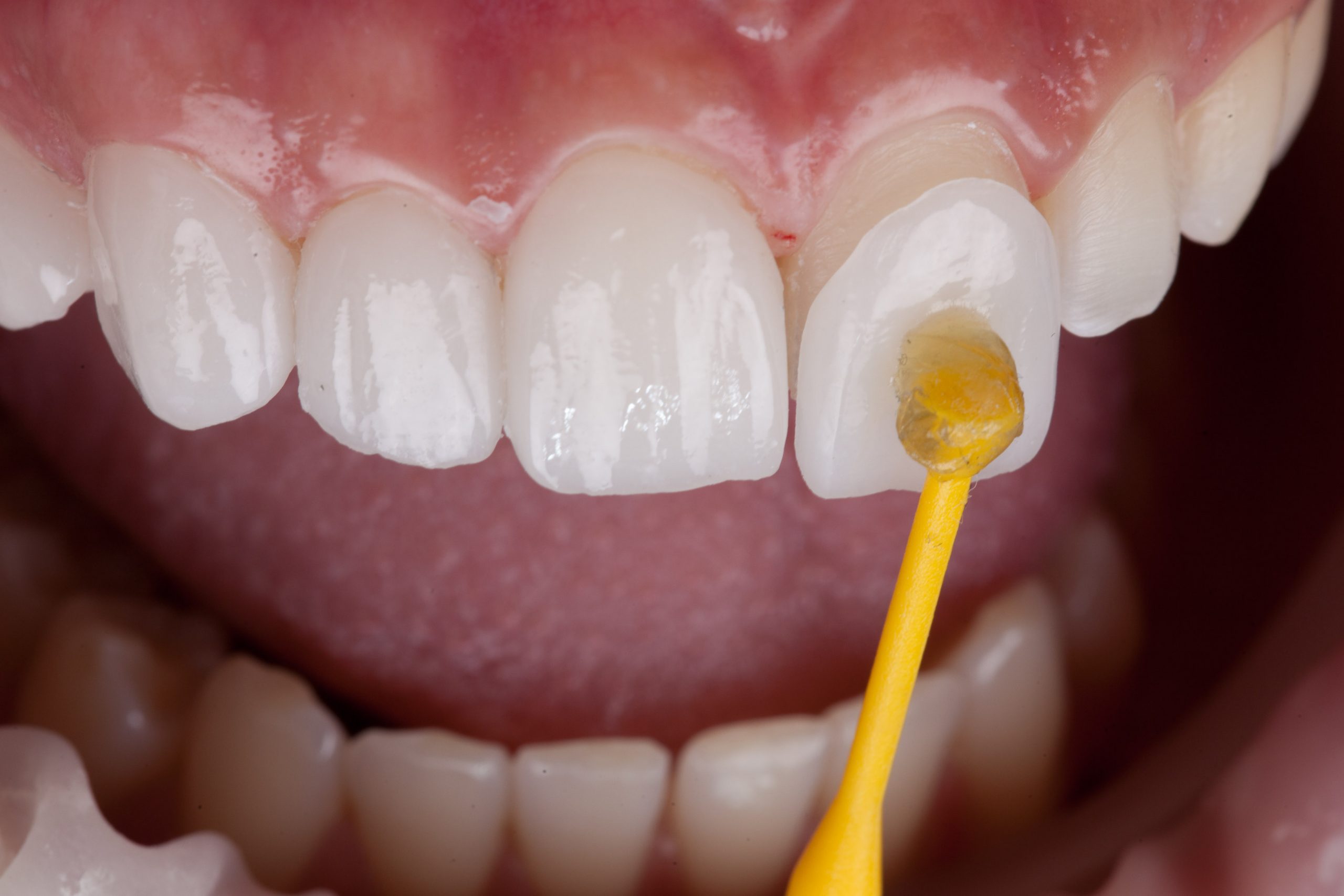
What are dental veneers, and how do they work?
05 Jun, 2025 -
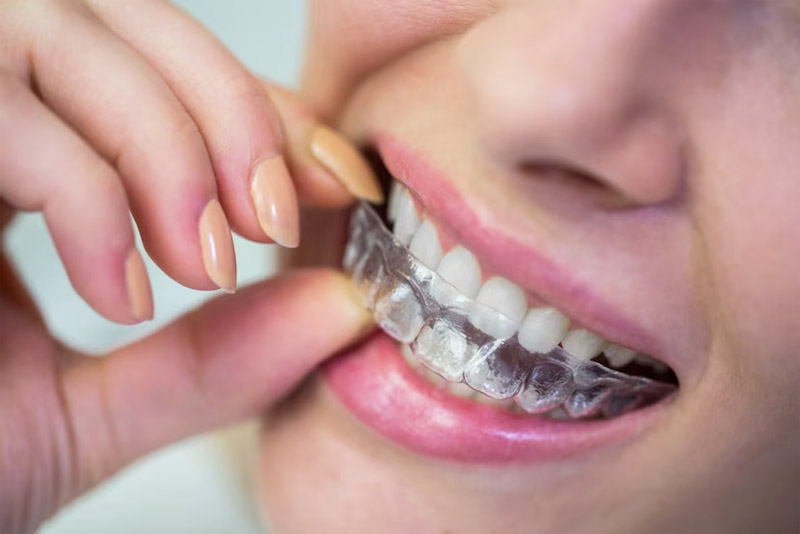
What's the difference between braces and Invisalign?
05 Jun, 2025 -

-
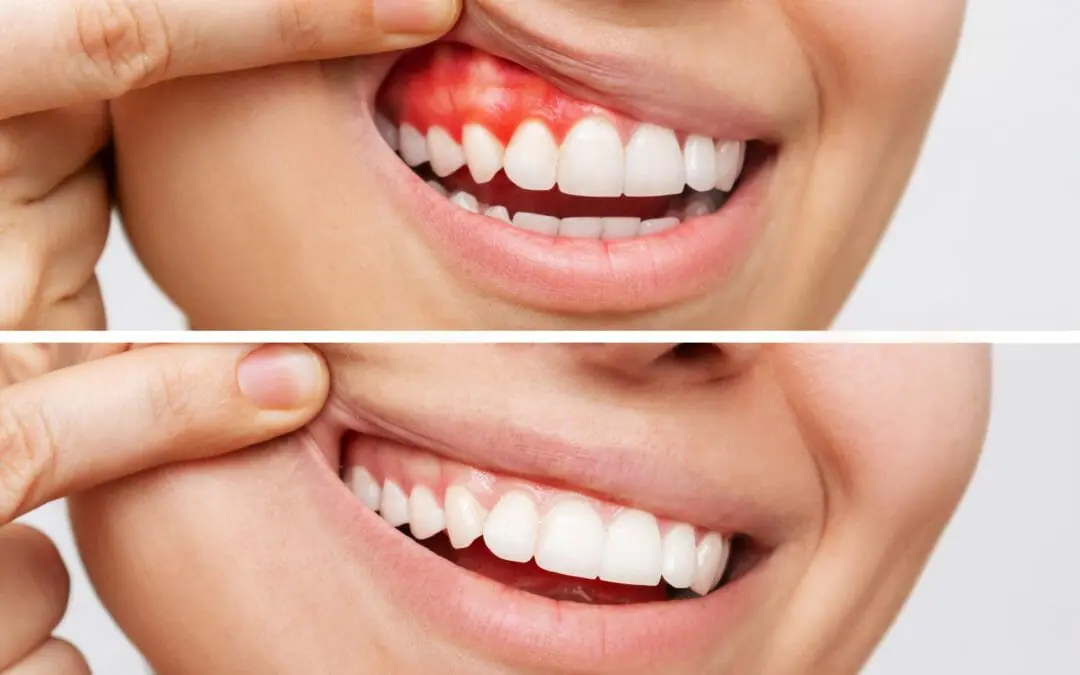
Can gum disease be reversed?
05 Jun, 2025 -

What causes tooth sensitivity?
05 Jun, 2025 -
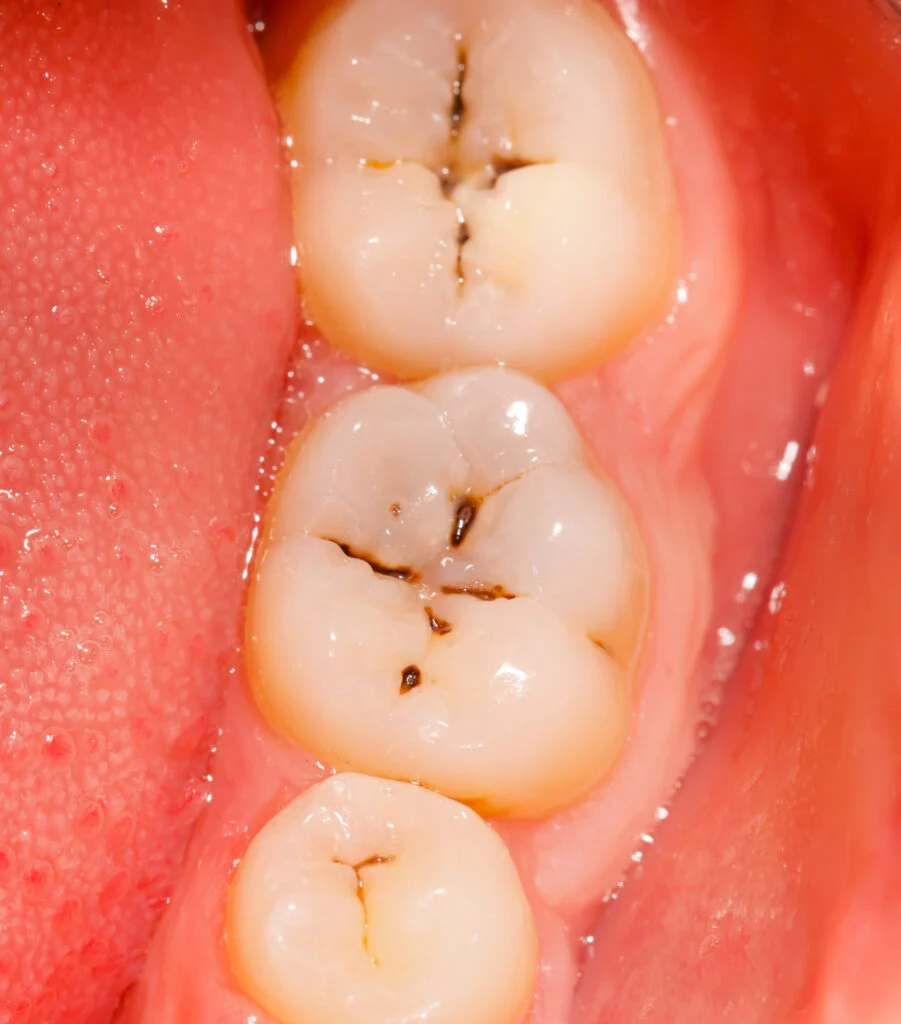
What happens if I ignore a cavity?
05 Jun, 2025 -
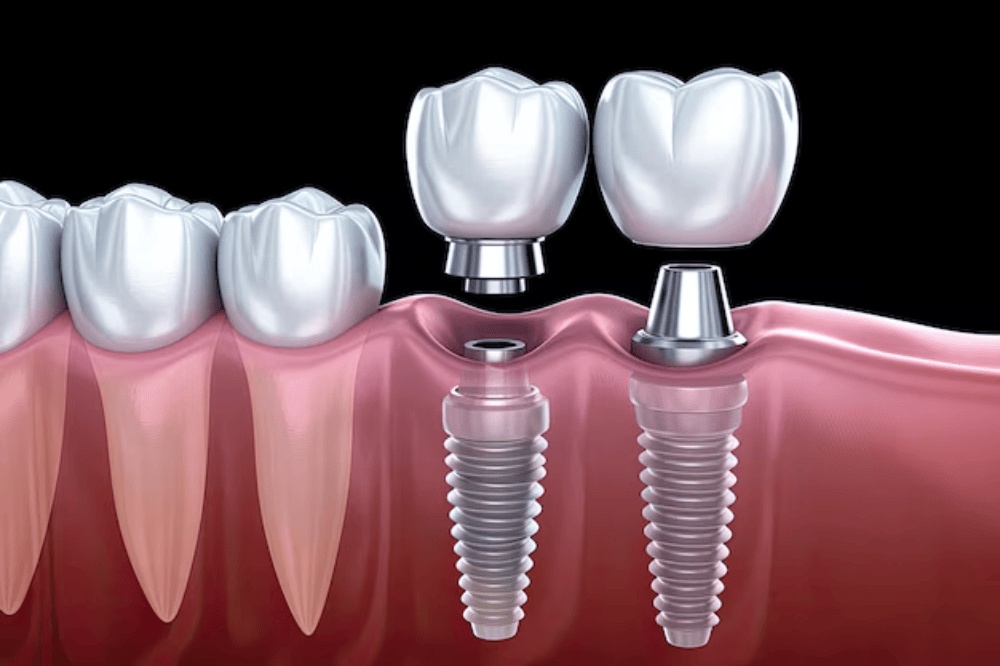
What is a dental implant, and how does it work?
05 Jun, 2025 -
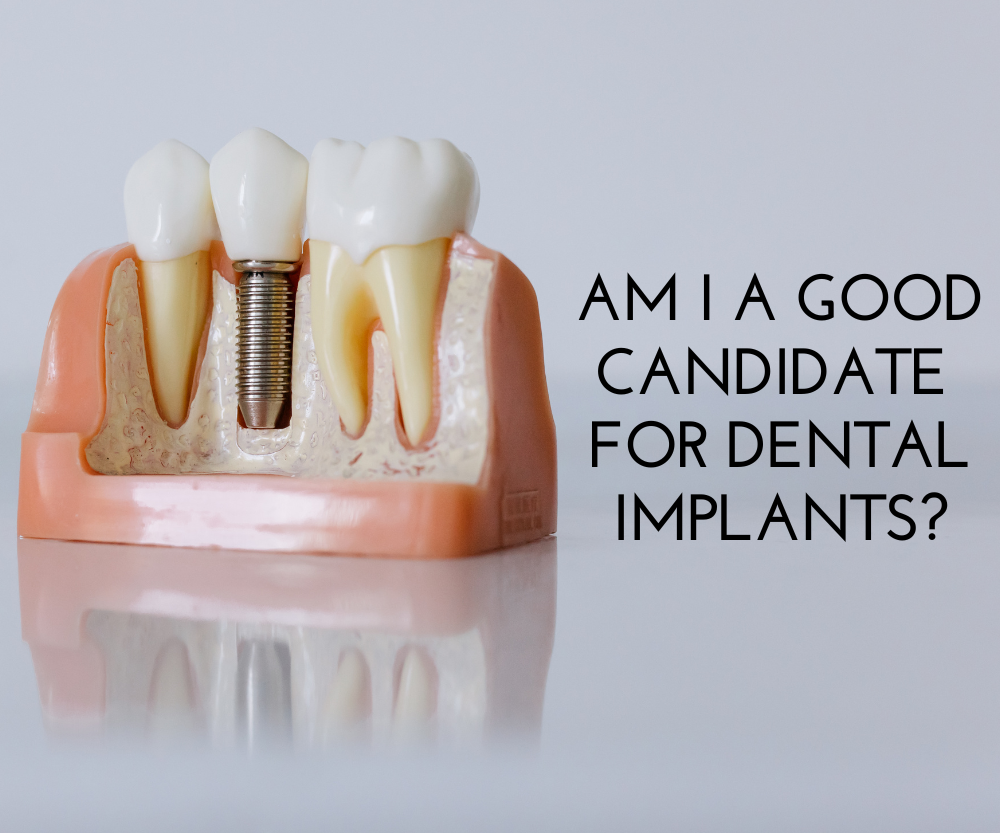
Am I a good candidate for dental implants?
05 Jun, 2025 -
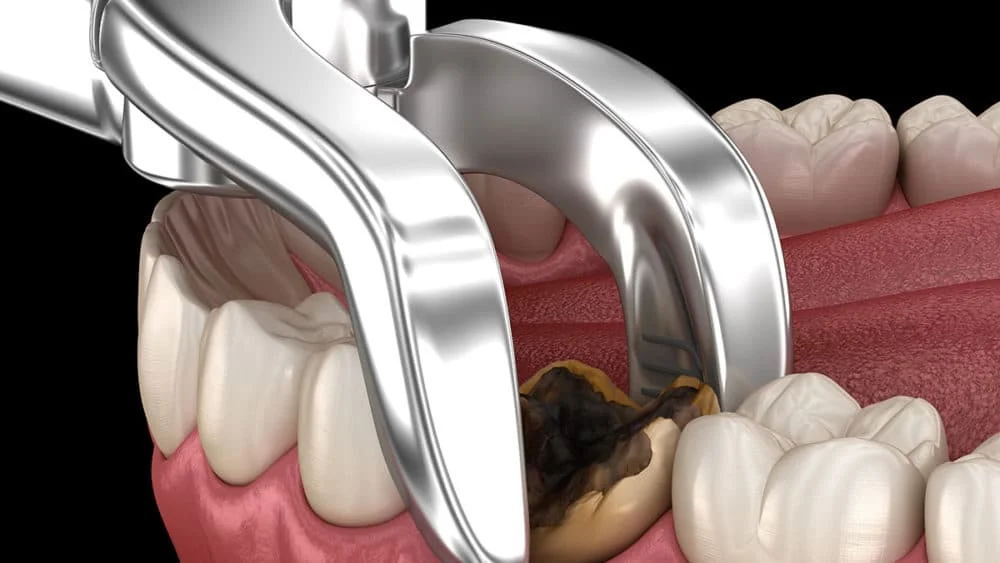
What should I expect after a tooth extraction?
05 Jun, 2025 -
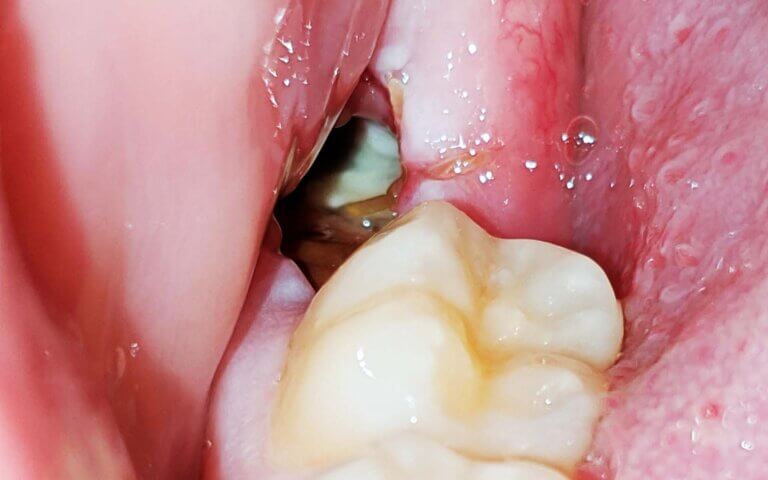
What is dry socket, and how can I prevent it?
05 Jun, 2025 -
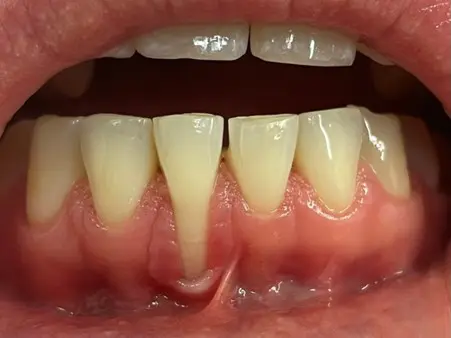
What causes receding gums?
05 Jun, 2025 -
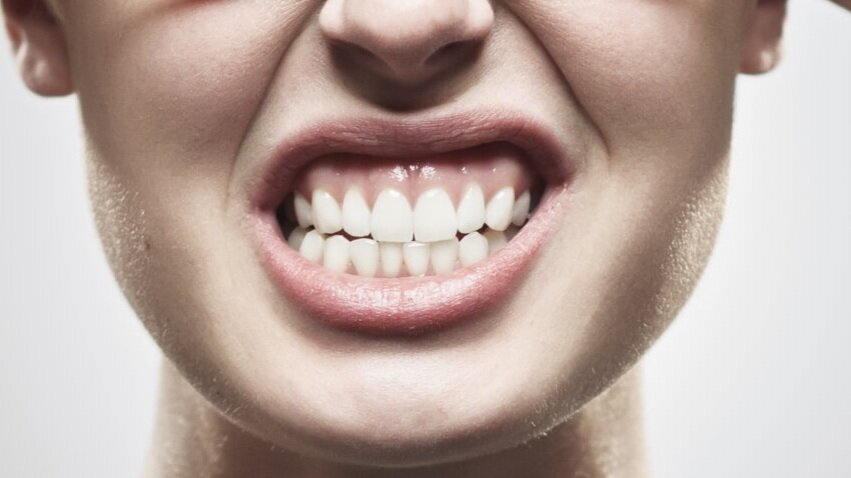
What is bruxism, and how is it treated?
05 Jun, 2025 -

Is it safe to visit the dentist during pregnancy?
05 Jun, 2025 -
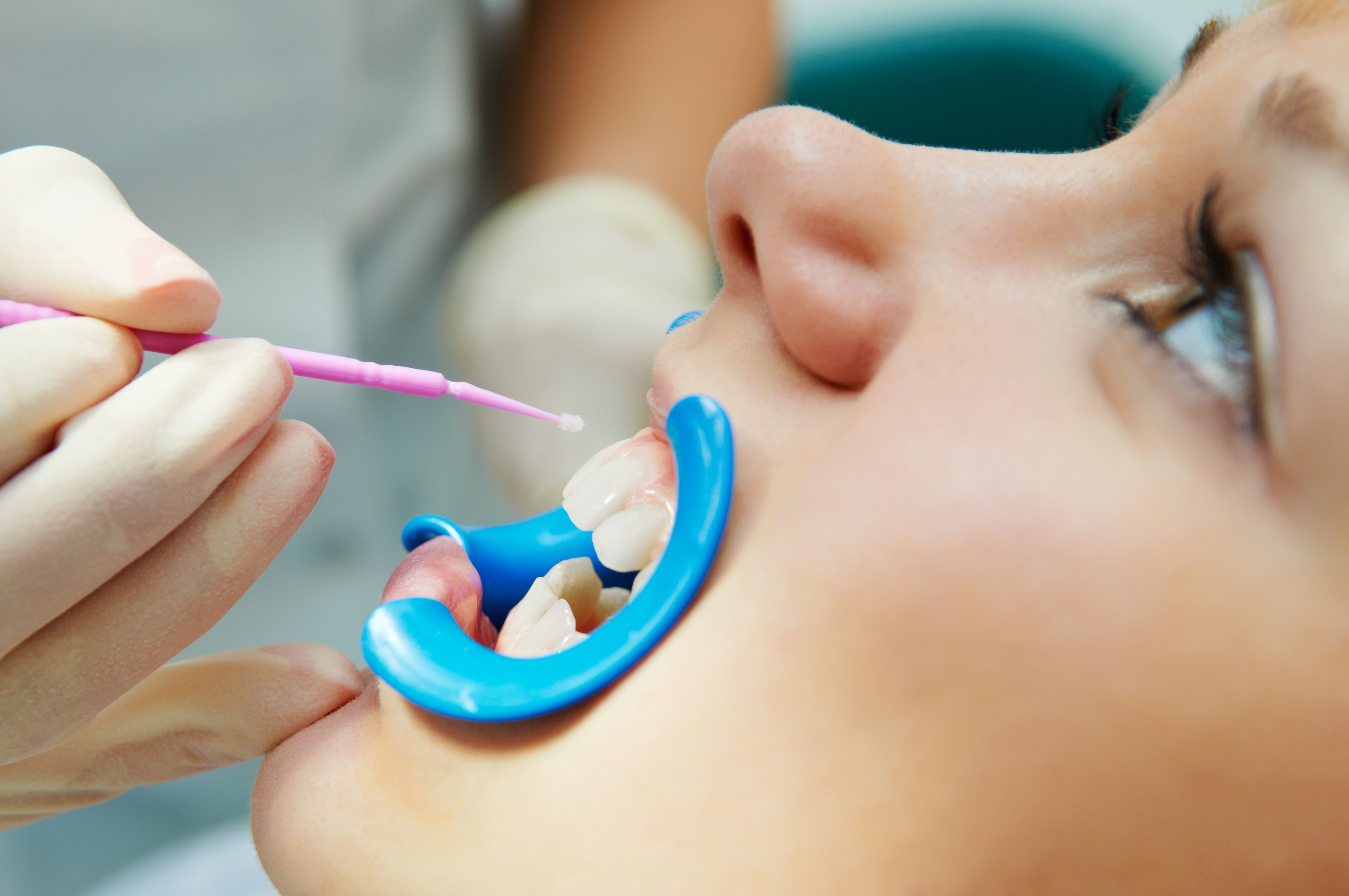
What is fluoride, and is it safe?
05 Jun, 2025 -
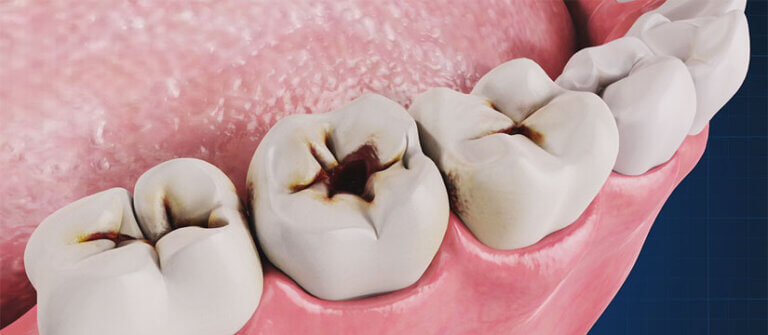
-

How does diet affect my oral health?
05 Jun, 2025 -
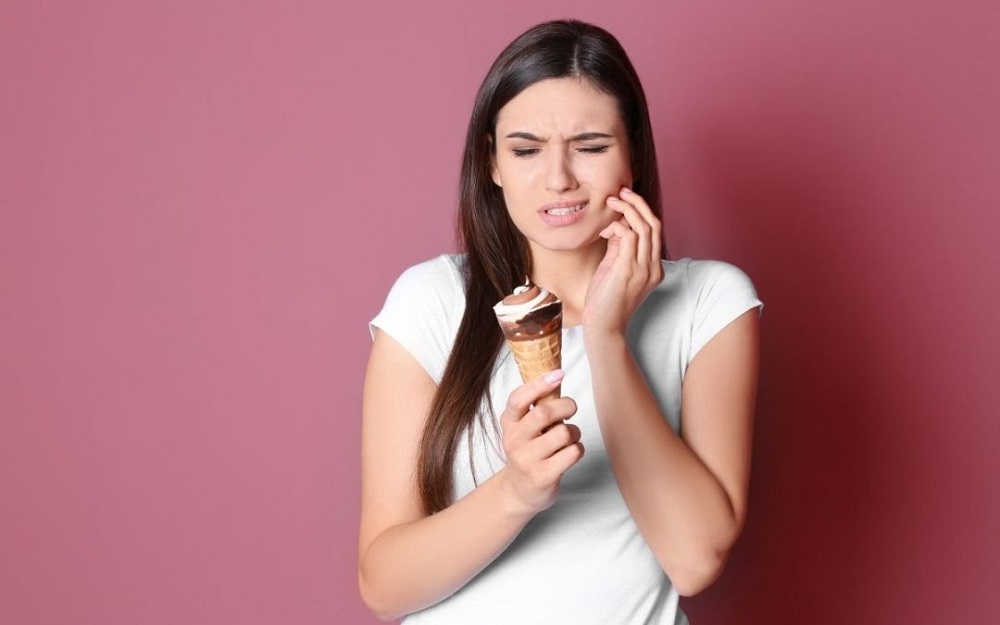
Why do my teeth hurt when I eat cold or hot foods?
05 Jun, 2025 -
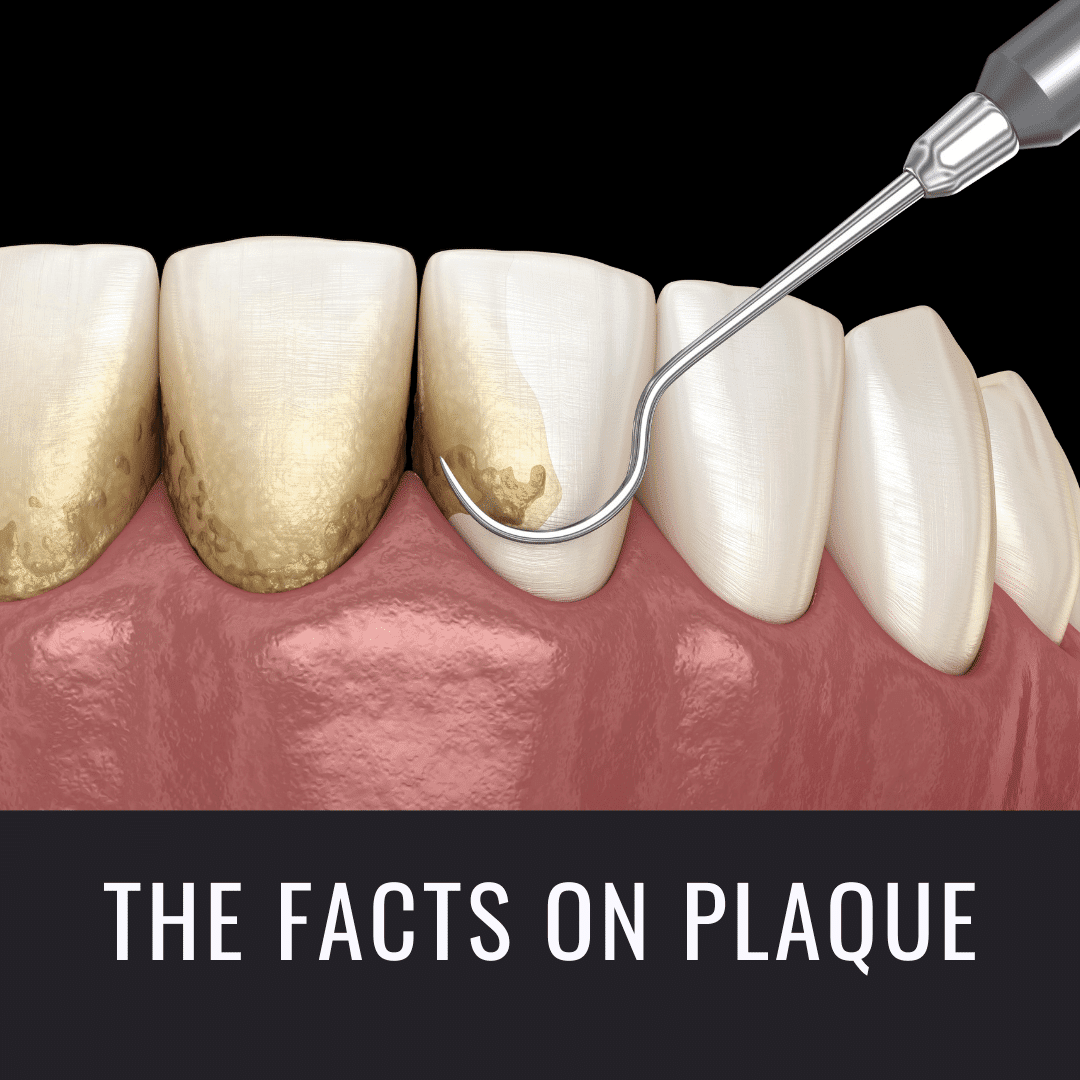
What is plaque, and how do I get rid of it?
05 Jun, 2025 -

Are dental X-rays safe?
05 Jun, 2025 -
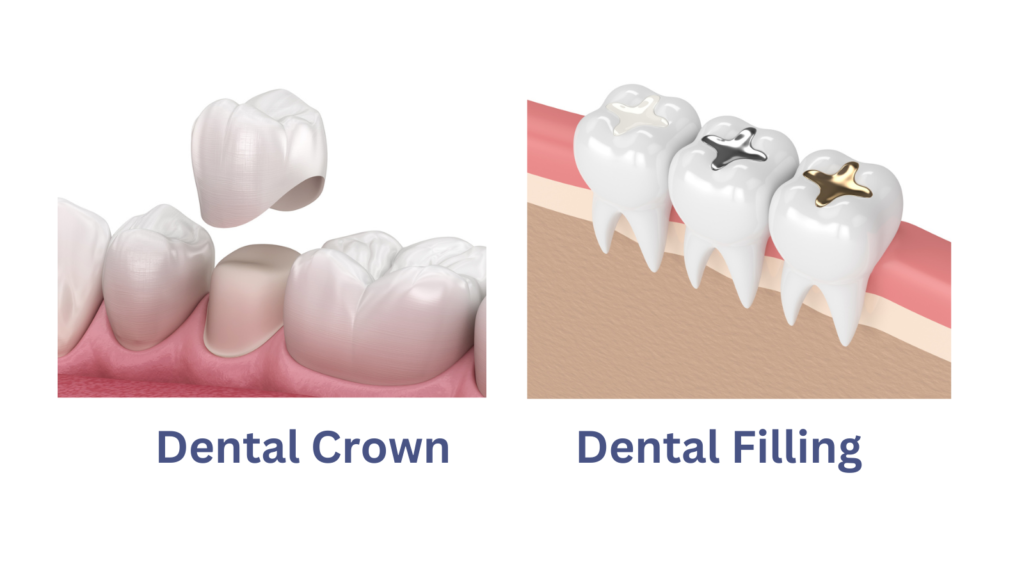
What’s the difference between a crown and a filling?
05 Jun, 2025 -
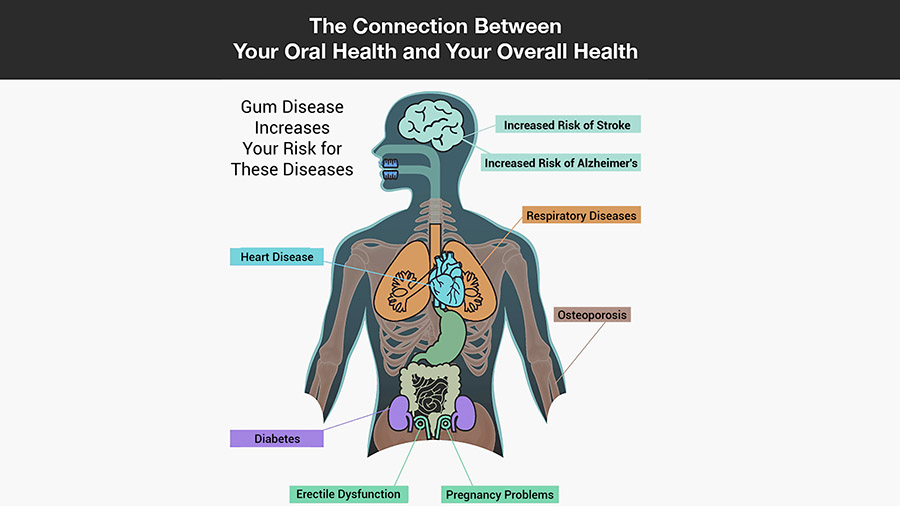
Can poor oral health affect my overall health?
05 Jun, 2025 -
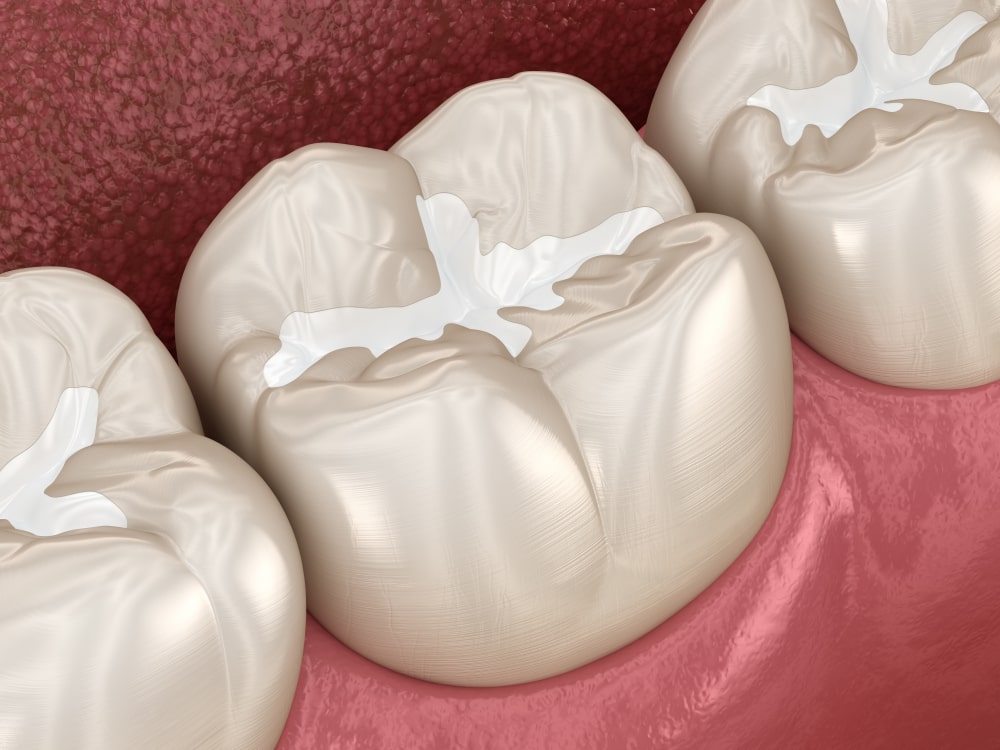
What are sealants, and who needs them?
05 Jun, 2025 -

How long do dental implants last?
05 Jun, 2025 -

Is getting a dental implant painful?
05 Jun, 2025 -

Can anyone get dental implants?
05 Jun, 2025 -
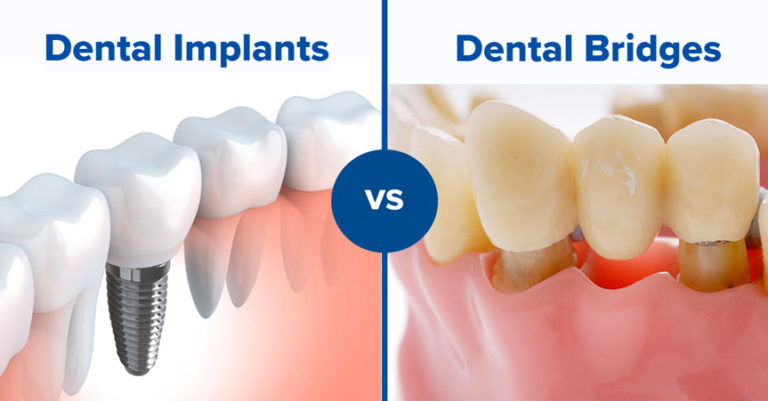
How does a dental implant compare to a bridge?
05 Jun, 2025 -
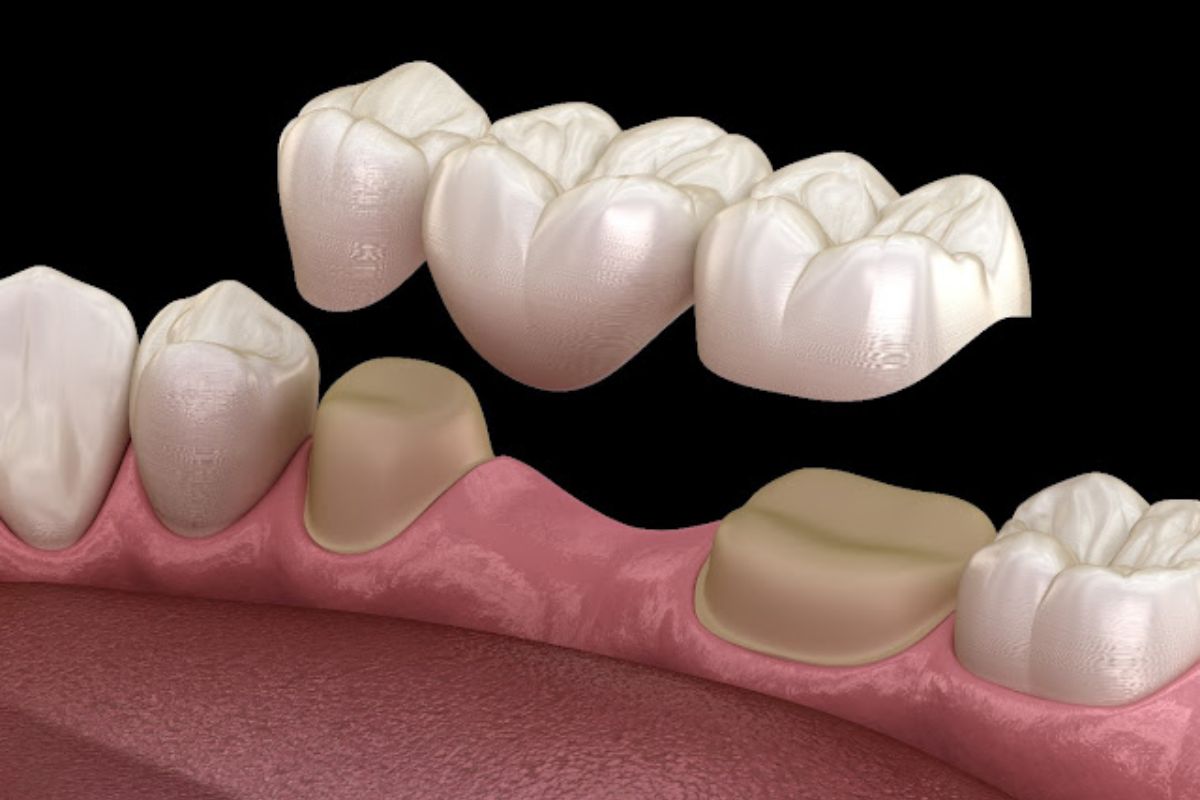
What is a dental bridge?
05 Jun, 2025 -
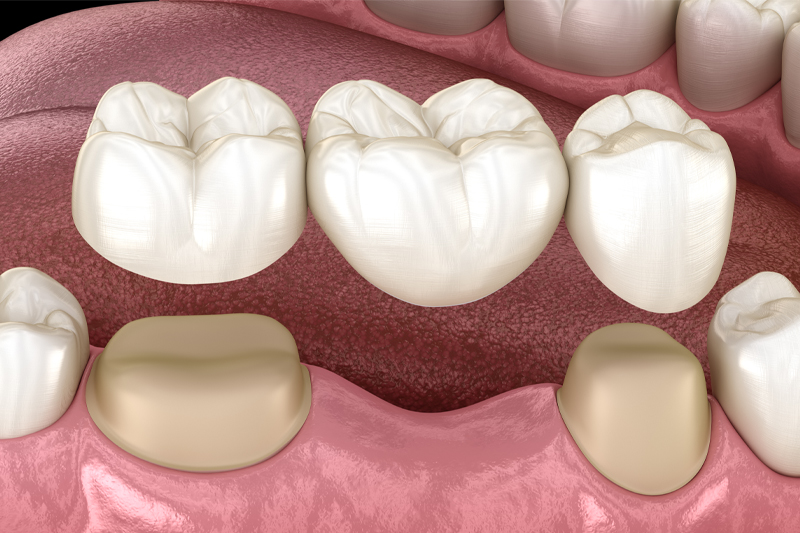
How long do dental bridges last?
05 Jun, 2025 -
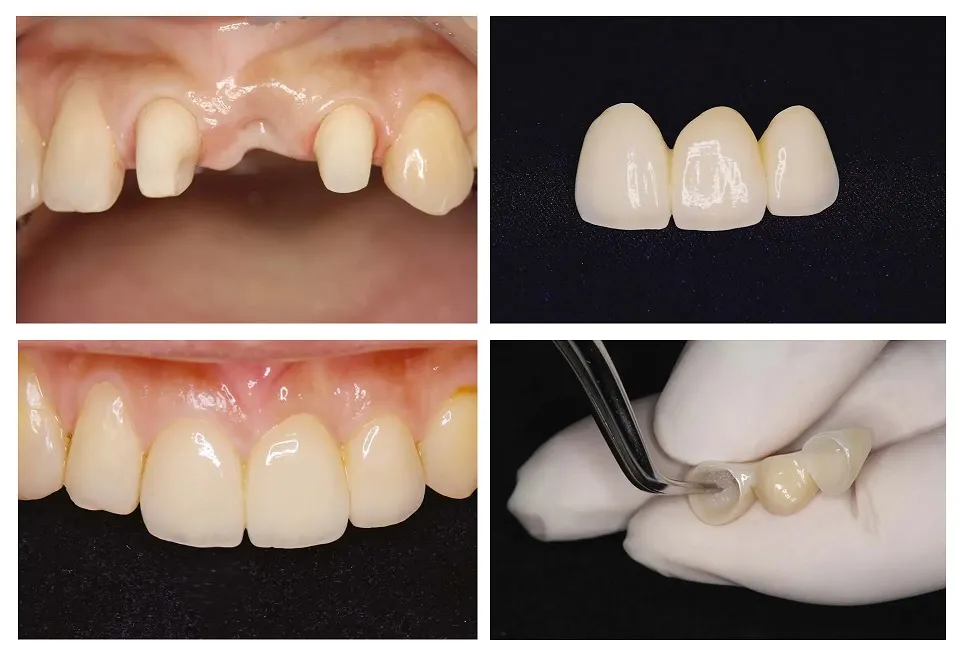
Are dental bridges noticeable?
05 Jun, 2025 -
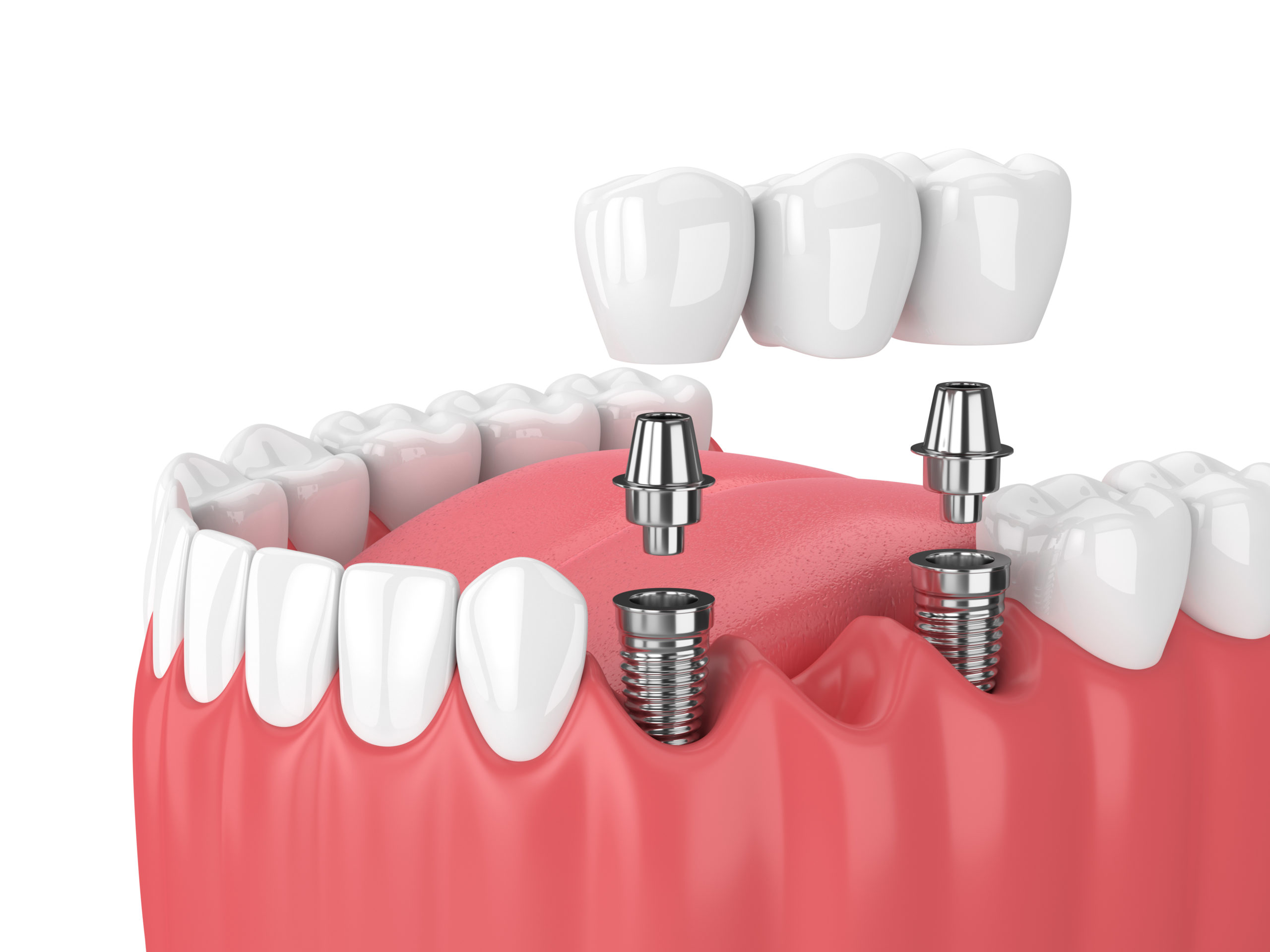
Can a bridge replace multiple missing teeth?
05 Jun, 2025 -
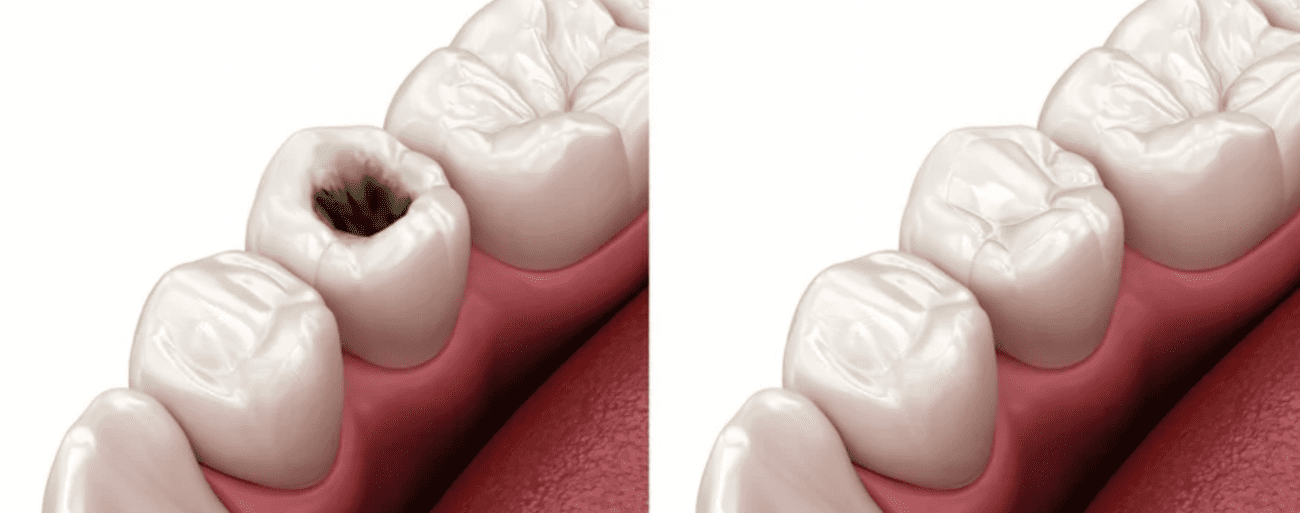
What is a dental filling and why is it needed?
05 Jun, 2025 -
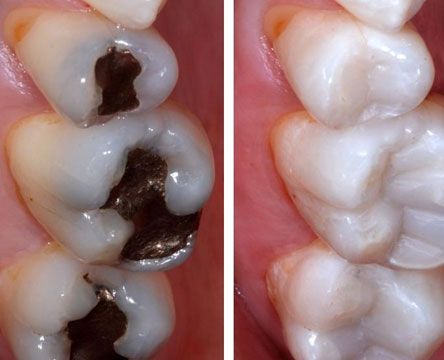
What types of materials are used for fillings?
05 Jun, 2025 -
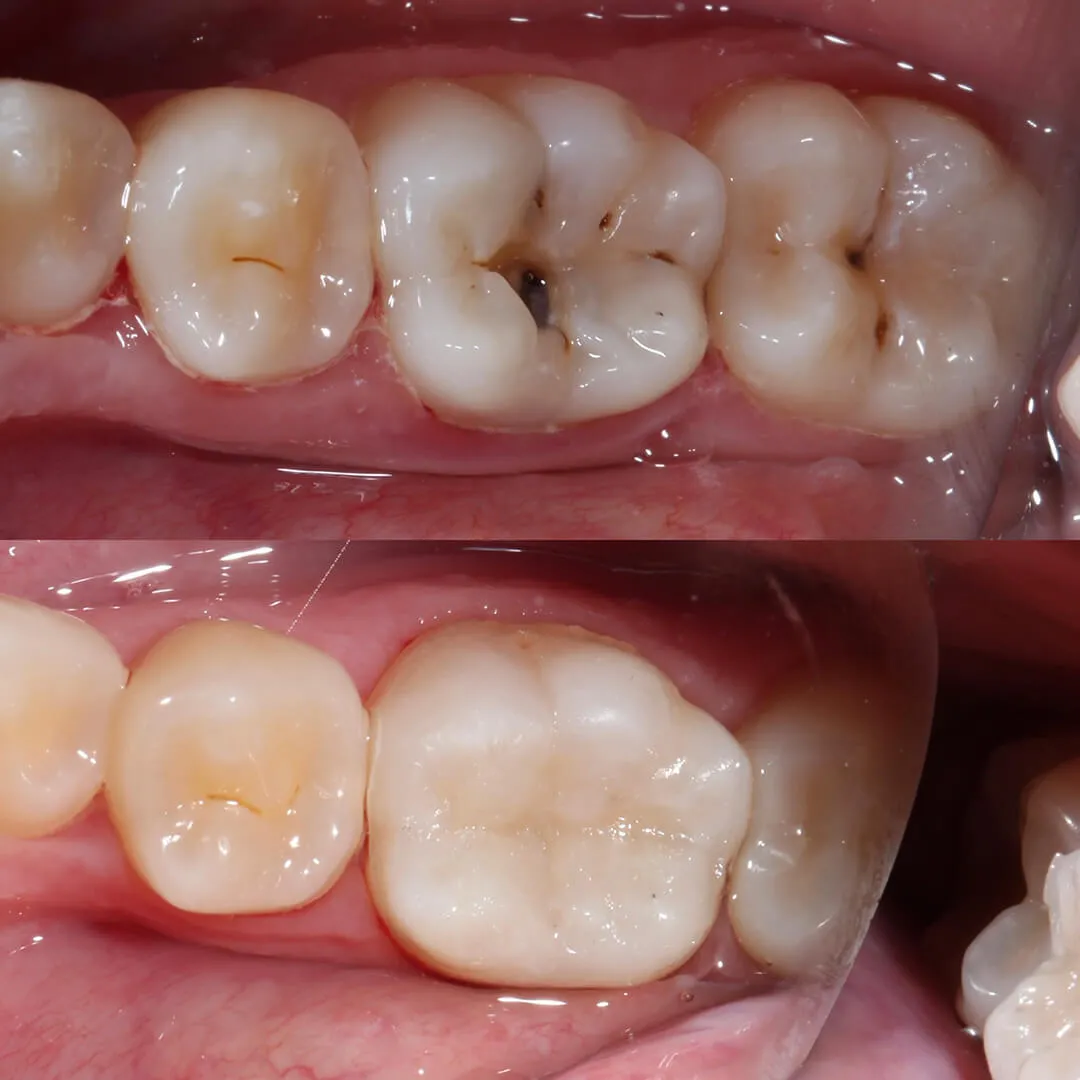
How long does a filling last?
05 Jun, 2025 -
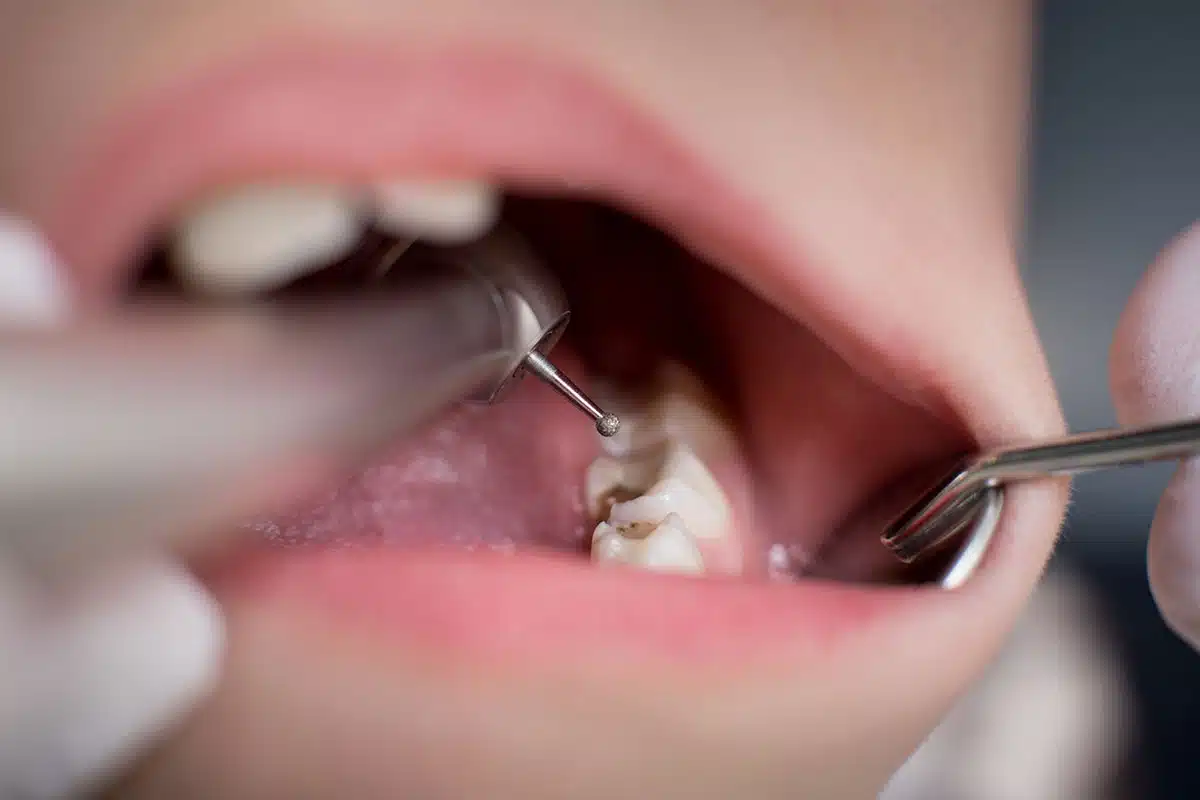
Is the filling procedure painful?
05 Jun, 2025 -
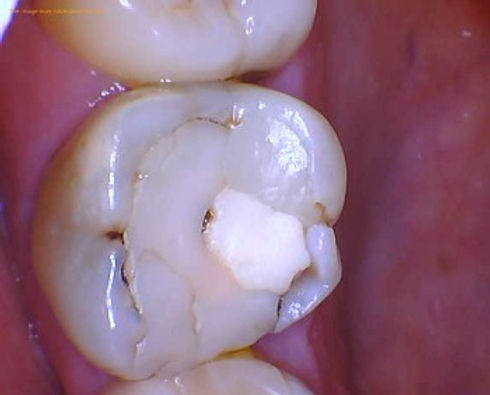
Can fillings fall out or break?
05 Jun, 2025 -
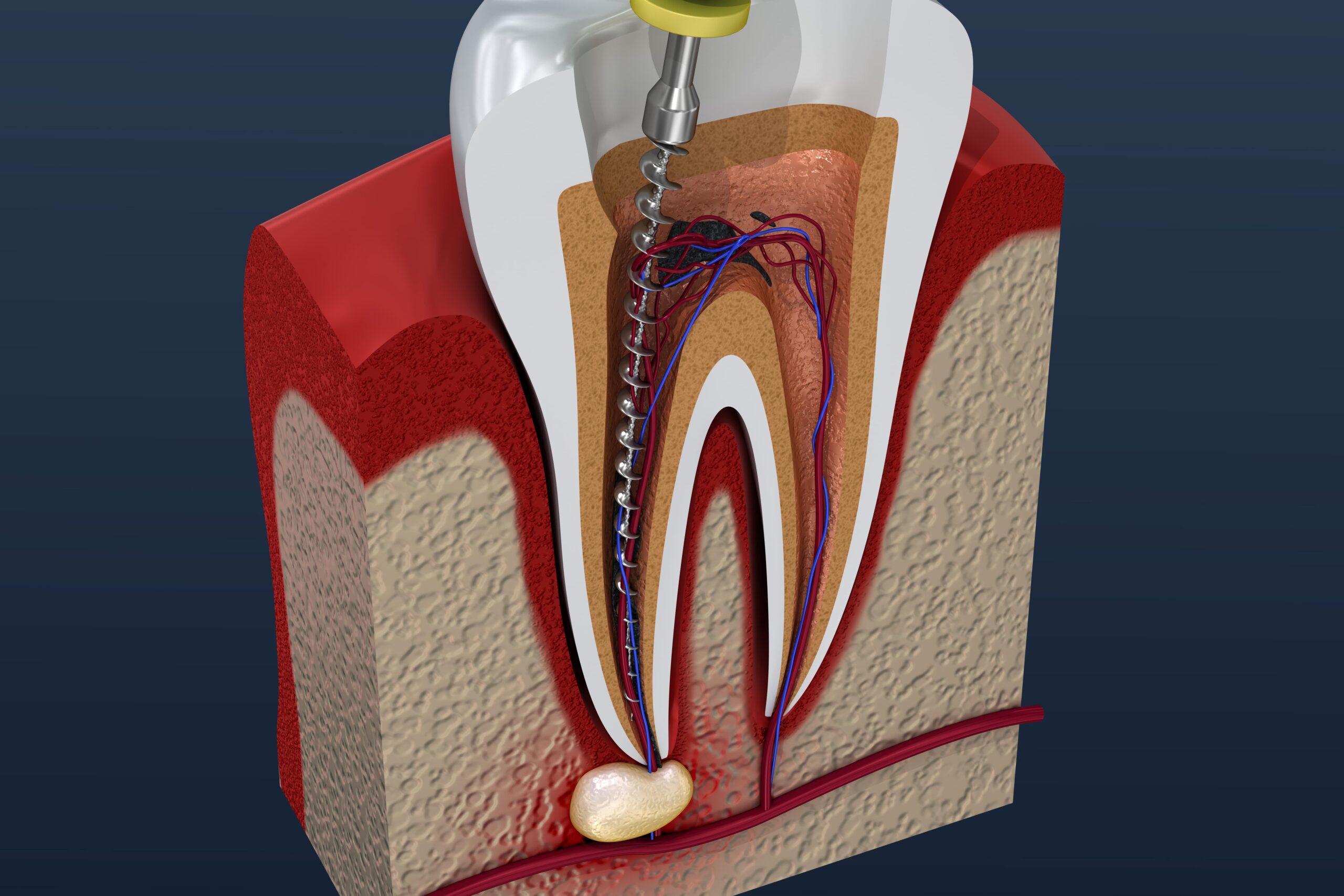
What is a root canal treatment?
05 Jun, 2025 -
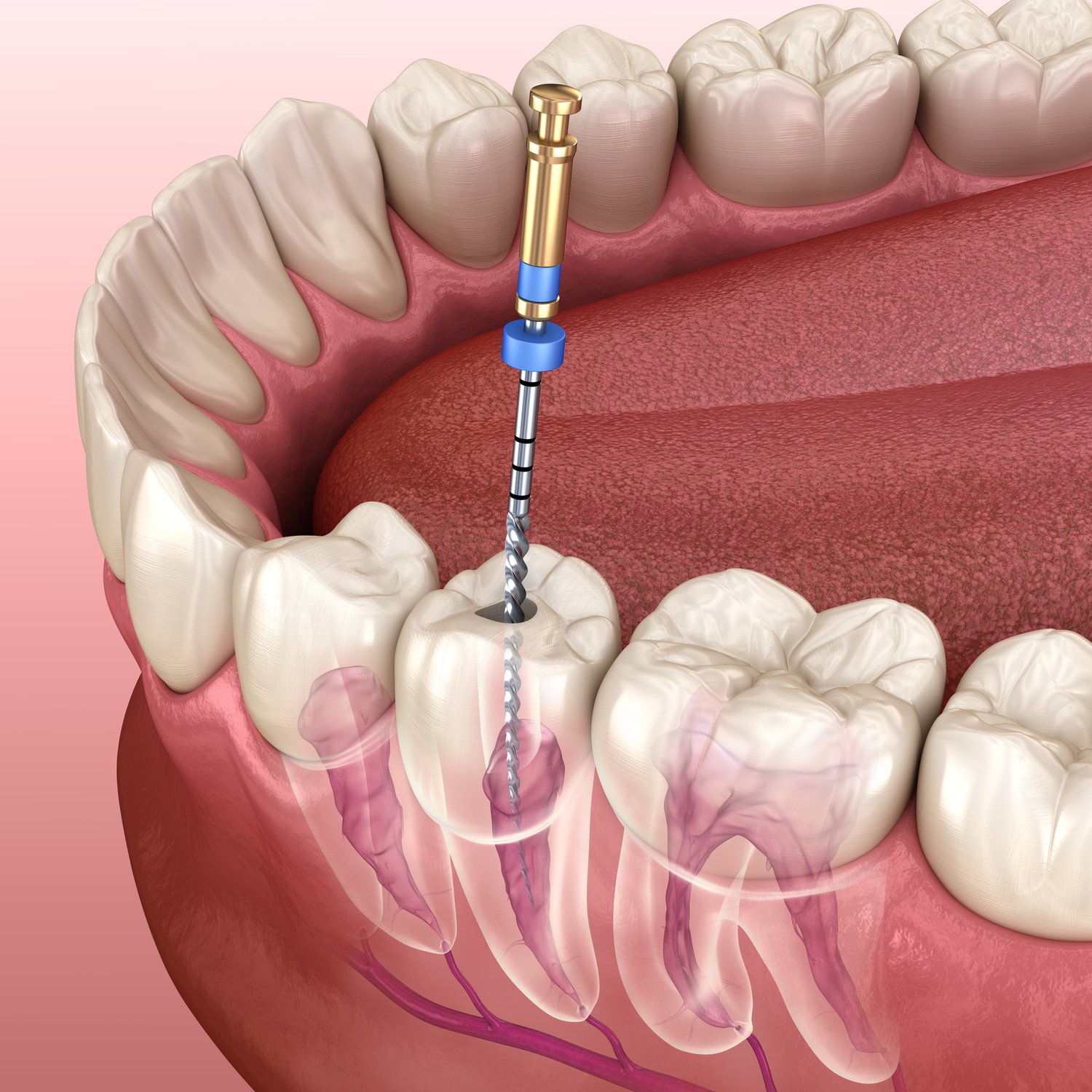
Does a root canal hurt?
05 Jun, 2025 -
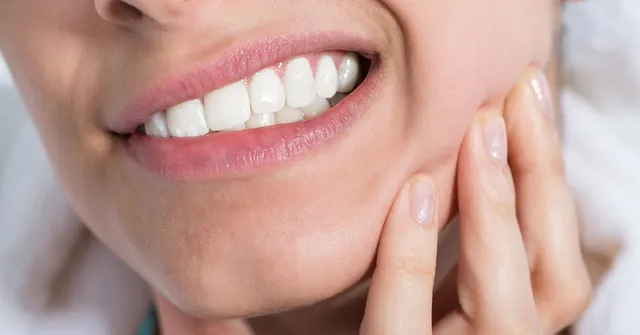
How do I know if I need a root canal?
05 Jun, 2025 -
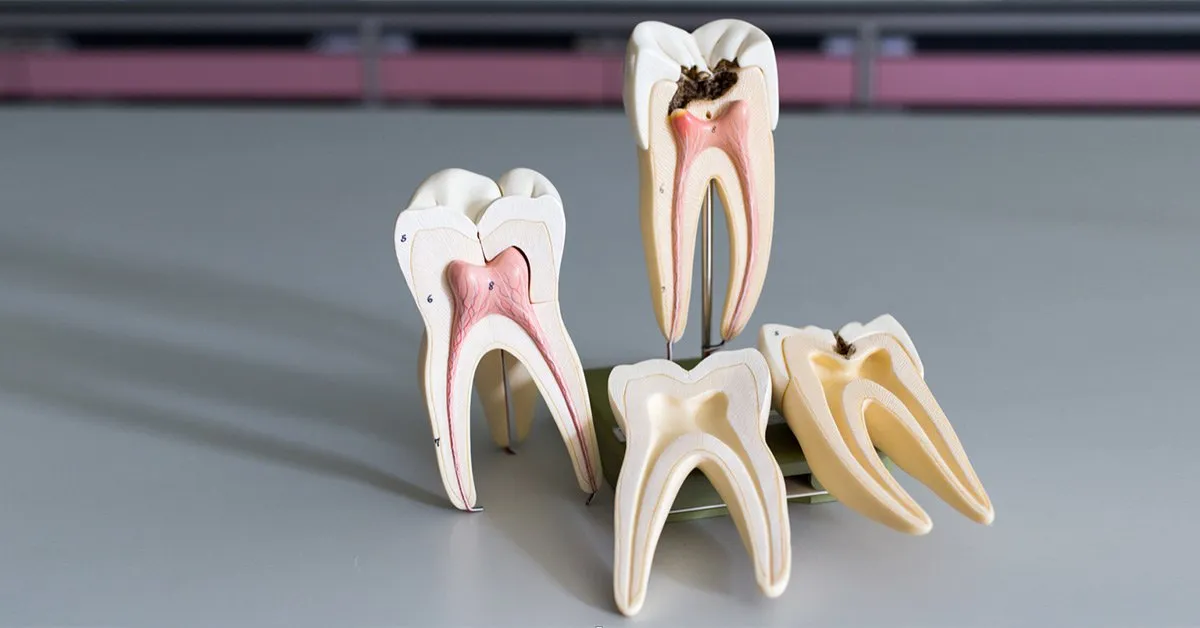
Is the tooth dead after a root canal?
05 Jun, 2025 -
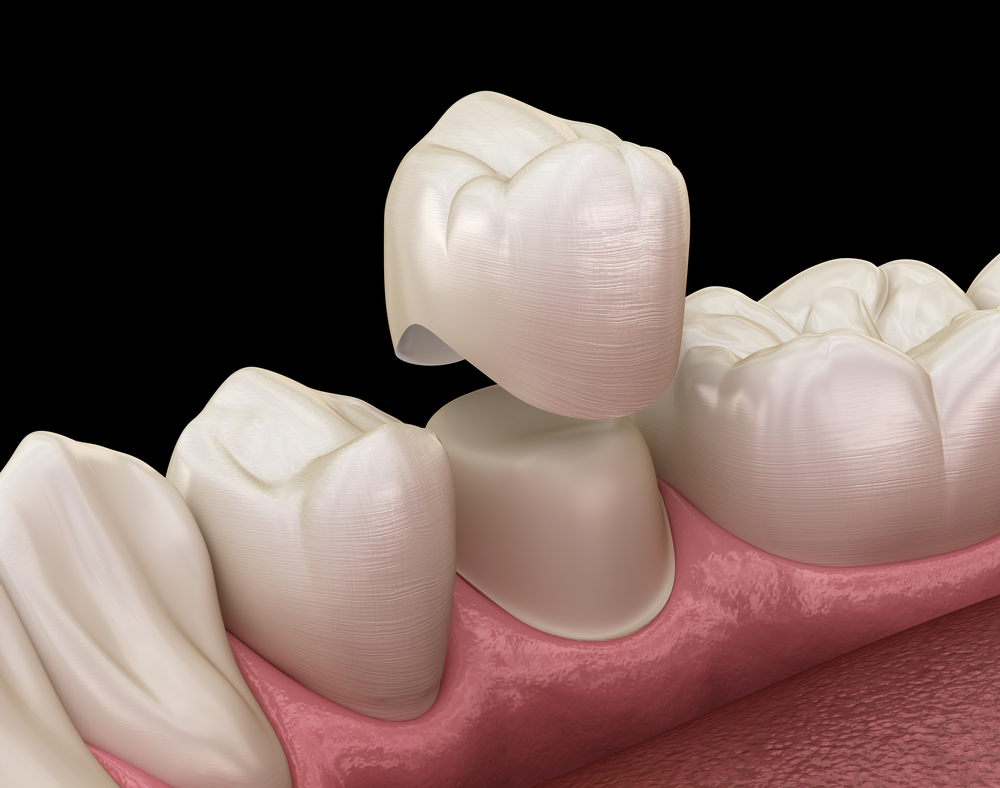
Why is a crown needed after a root canal?
05 Jun, 2025 -
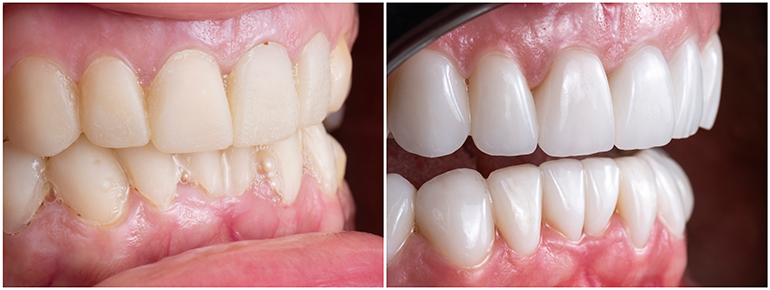
What is cosmetic dentistry?
05 Jun, 2025 -
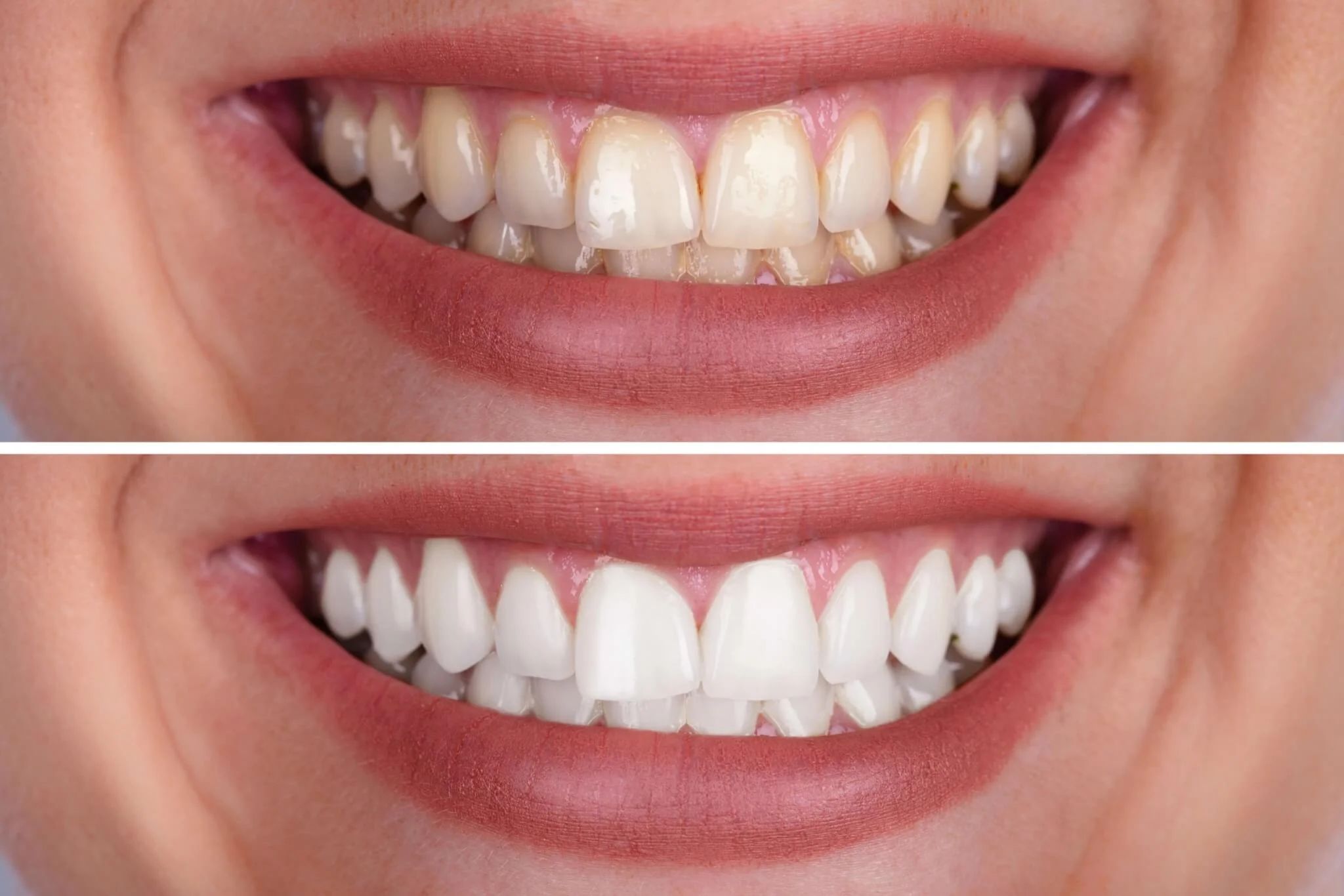
How long does teeth whitening last?
05 Jun, 2025 -
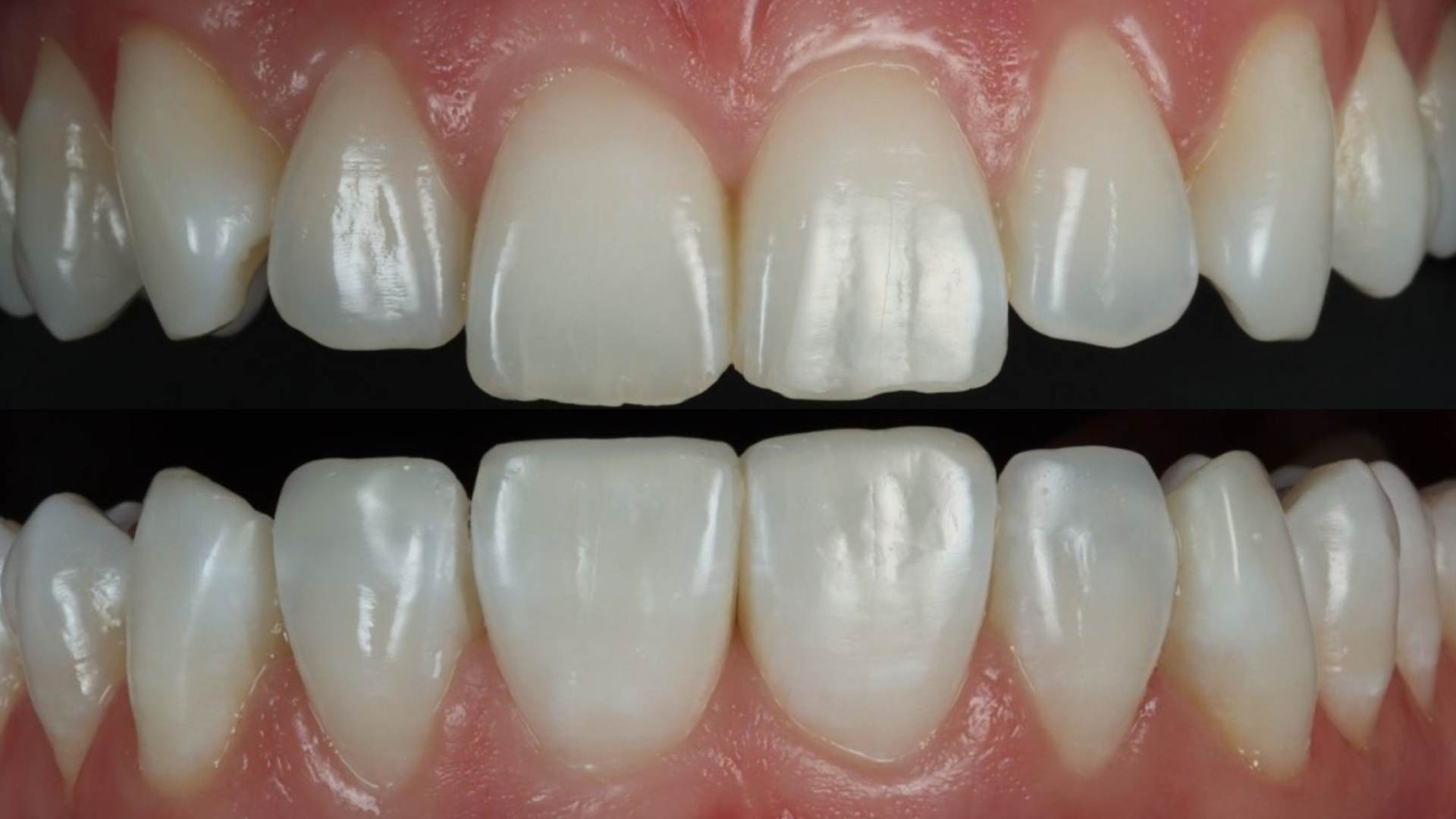
What’s the difference between bonding and veneers?
05 Jun, 2025 -
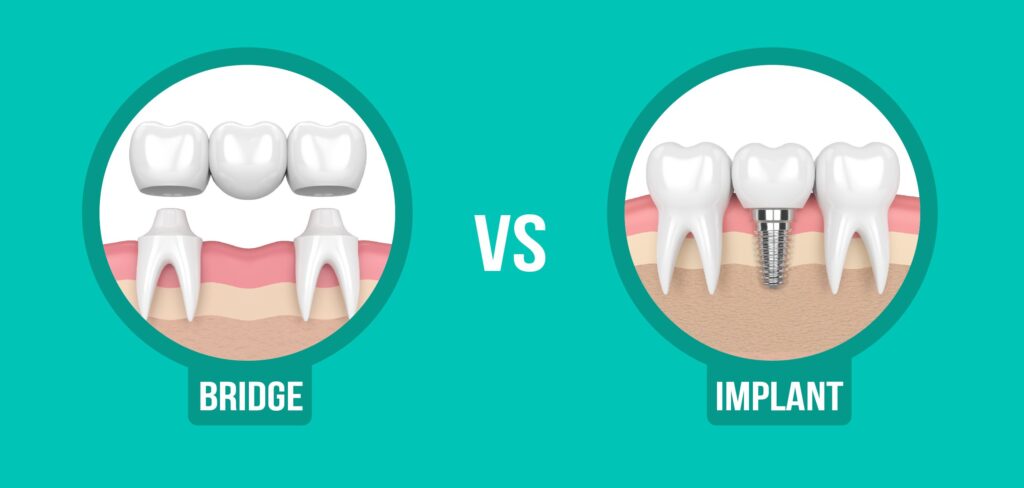
Is a dental implant better than a bridge?
05 Jun, 2025 -
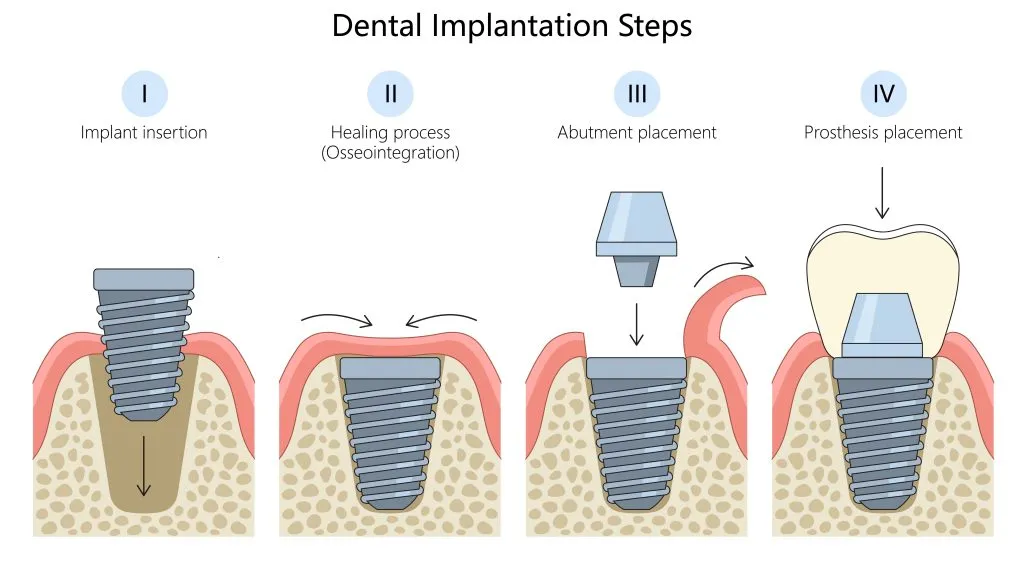
-
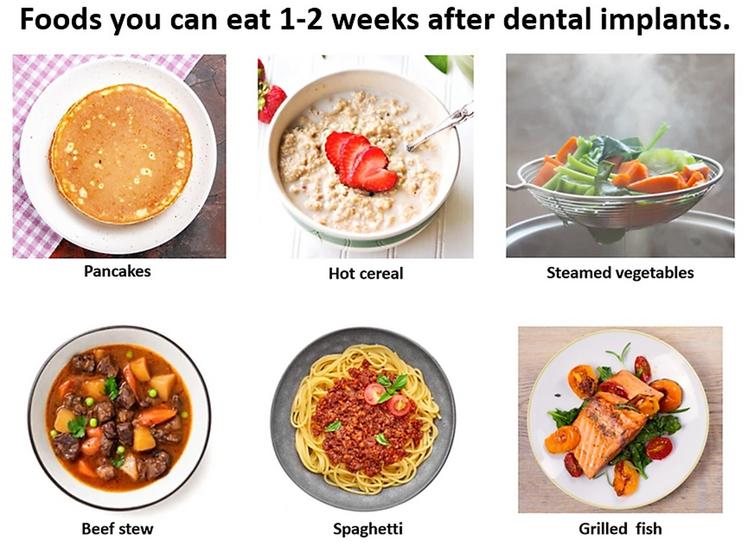
Will I be able to eat normally with dental implants?
05 Jun, 2025 -
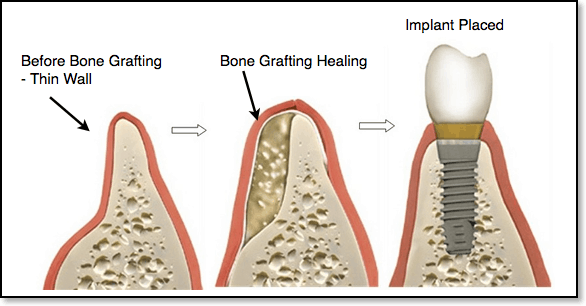
Is bone grafting always needed for implants?
05 Jun, 2025 -
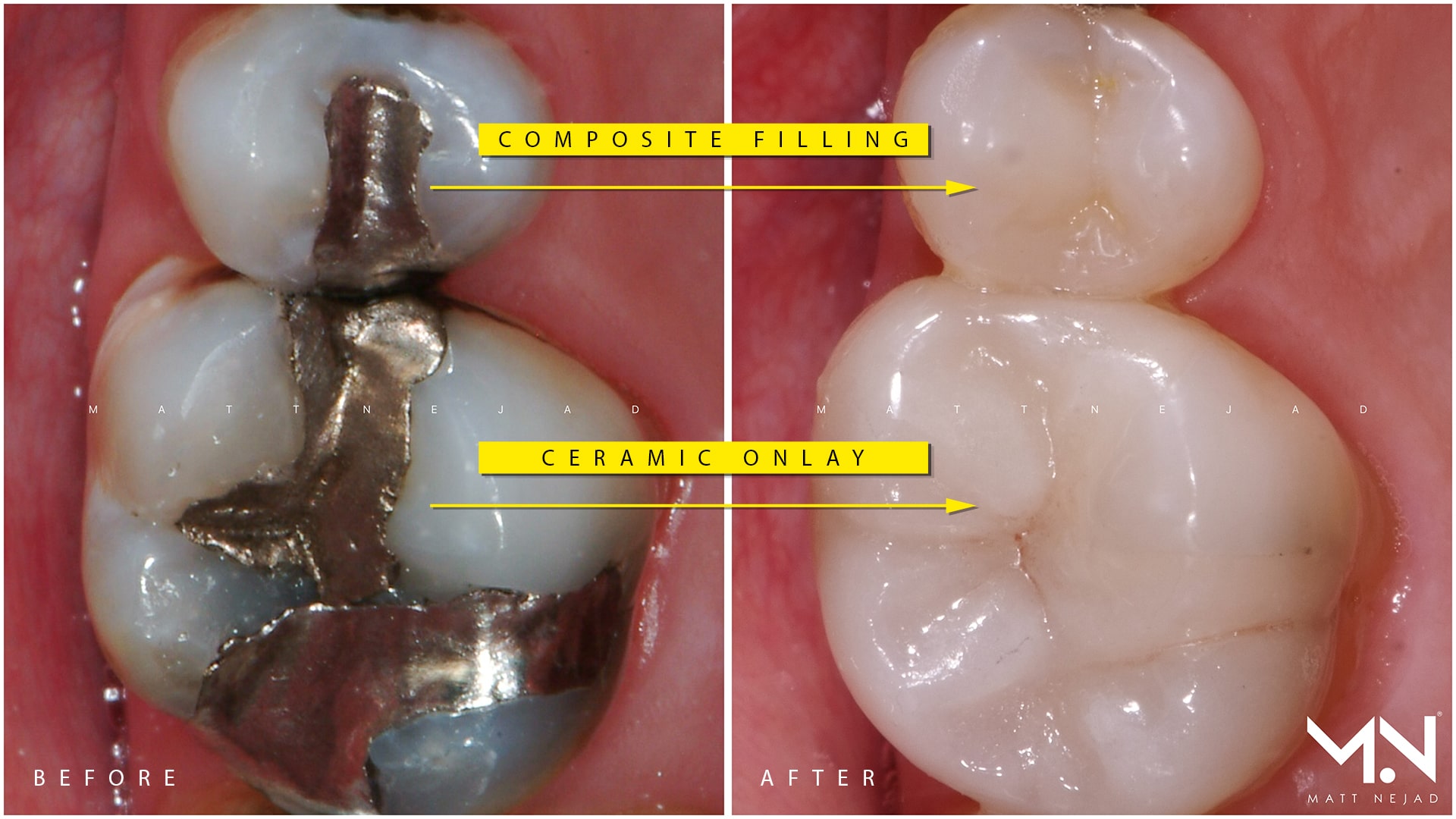
-
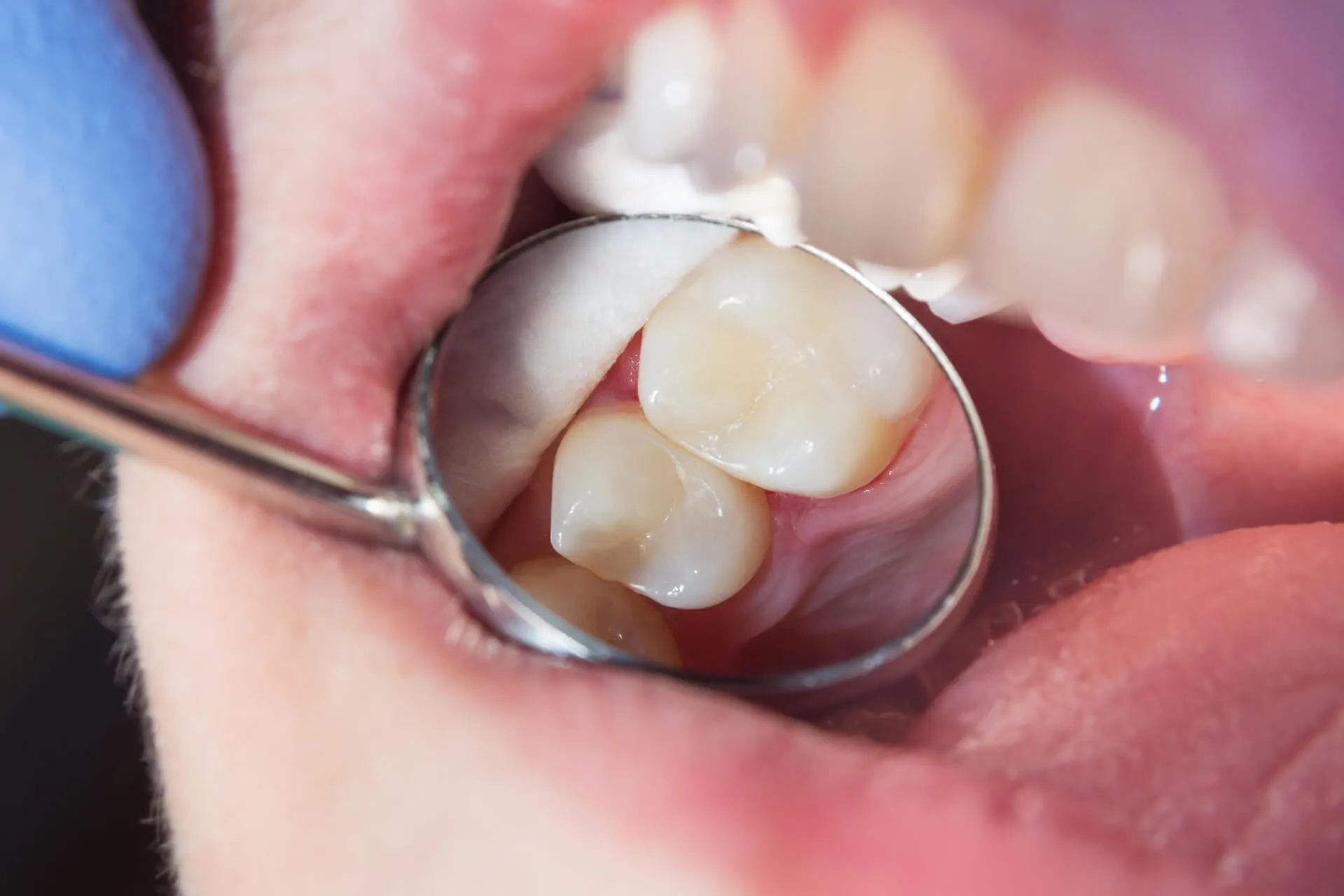
Do fillings hurt after they’re placed?
05 Jun, 2025 -
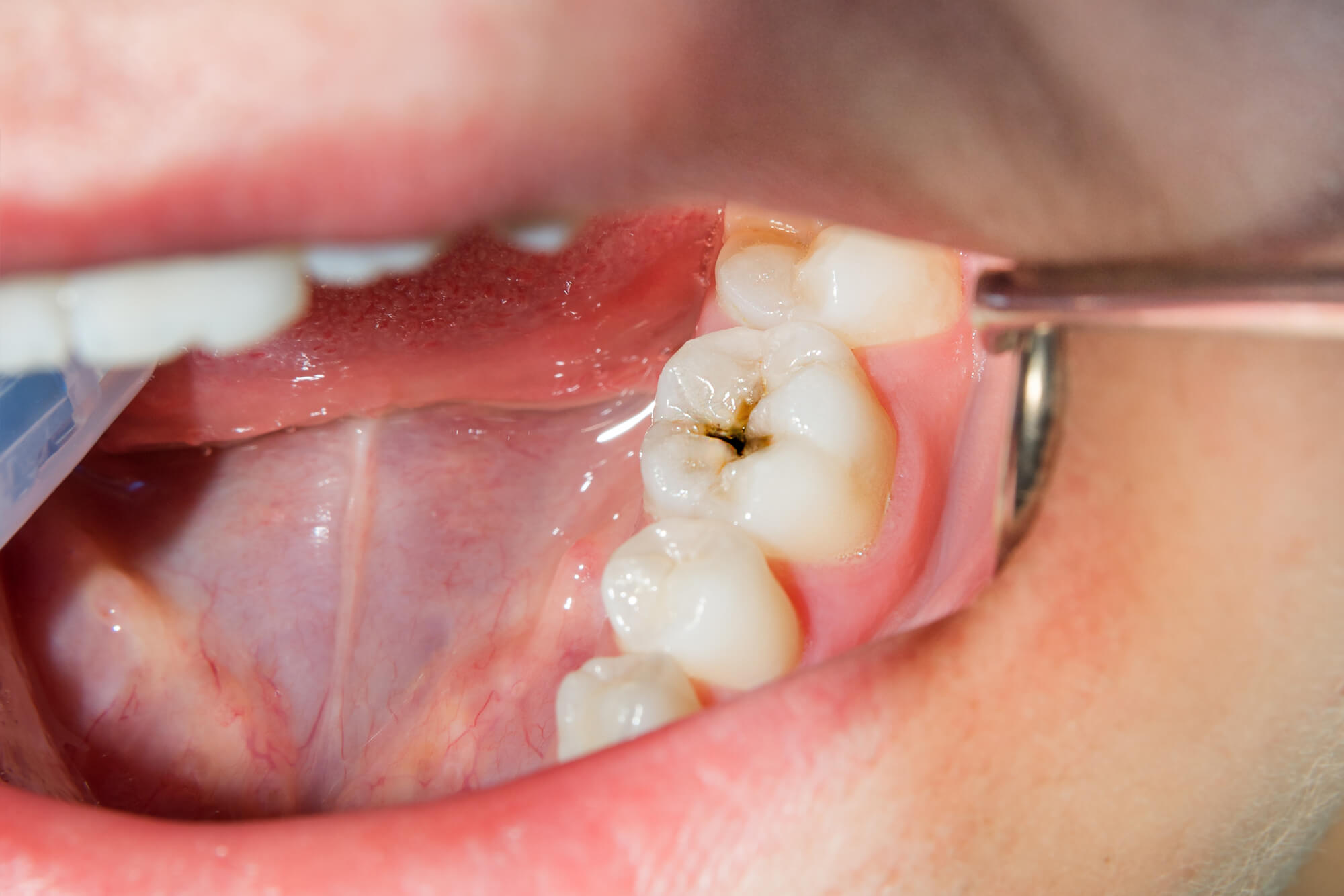
How do I know if I need a filling?
05 Jun, 2025 -
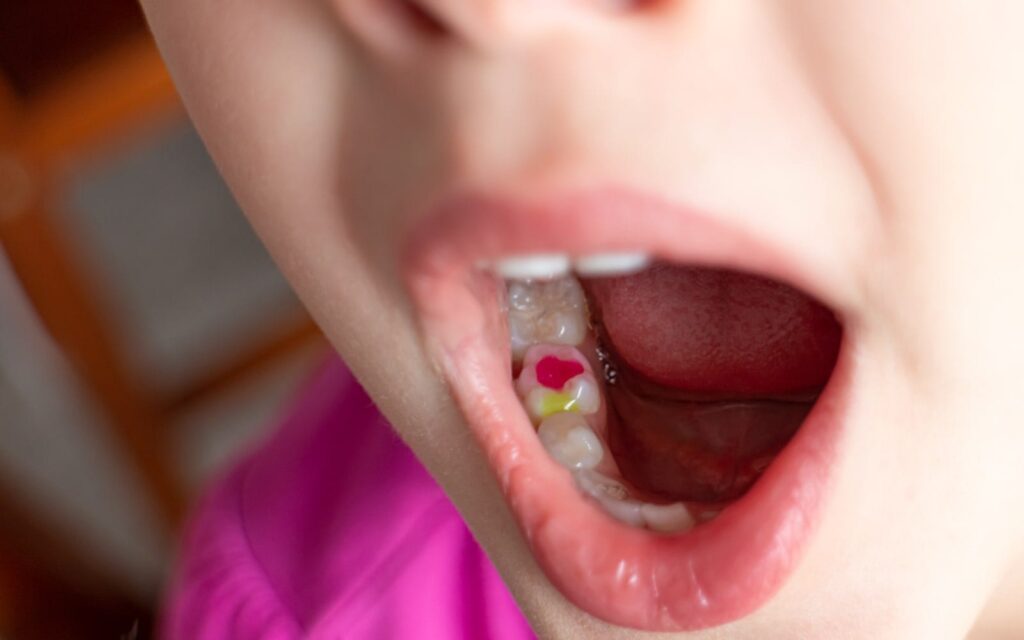
Can children get tooth-colored fillings too?
05 Jun, 2025 -
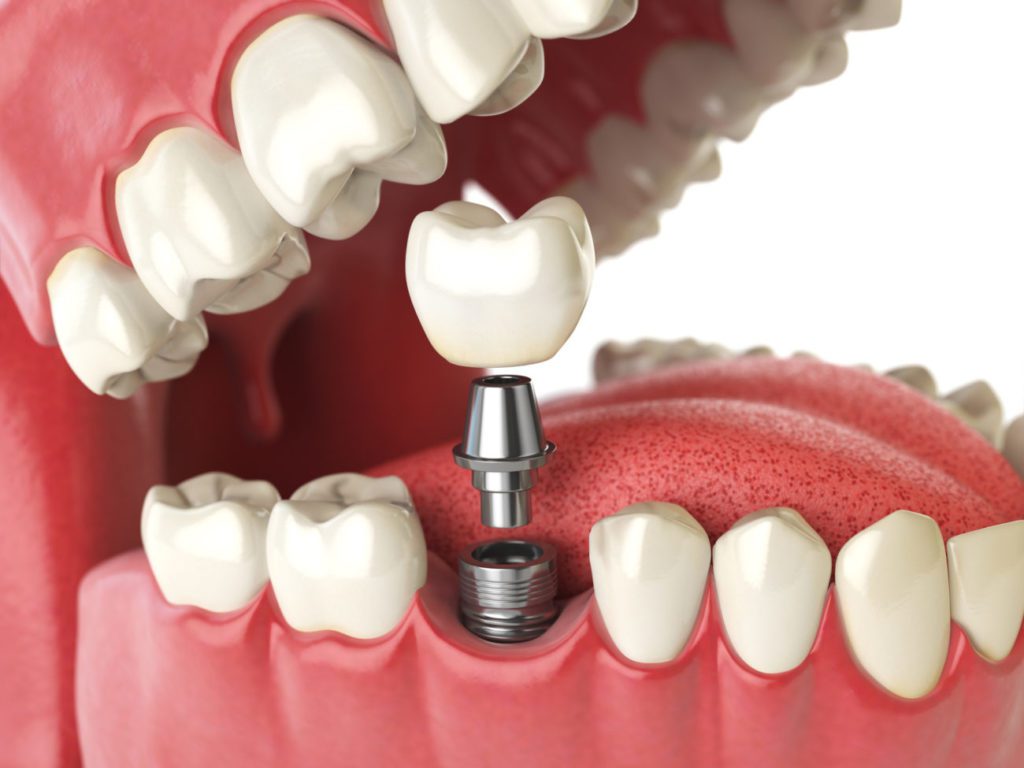
Do I need a bridge if I’m missing just one tooth?
05 Jun, 2025 -
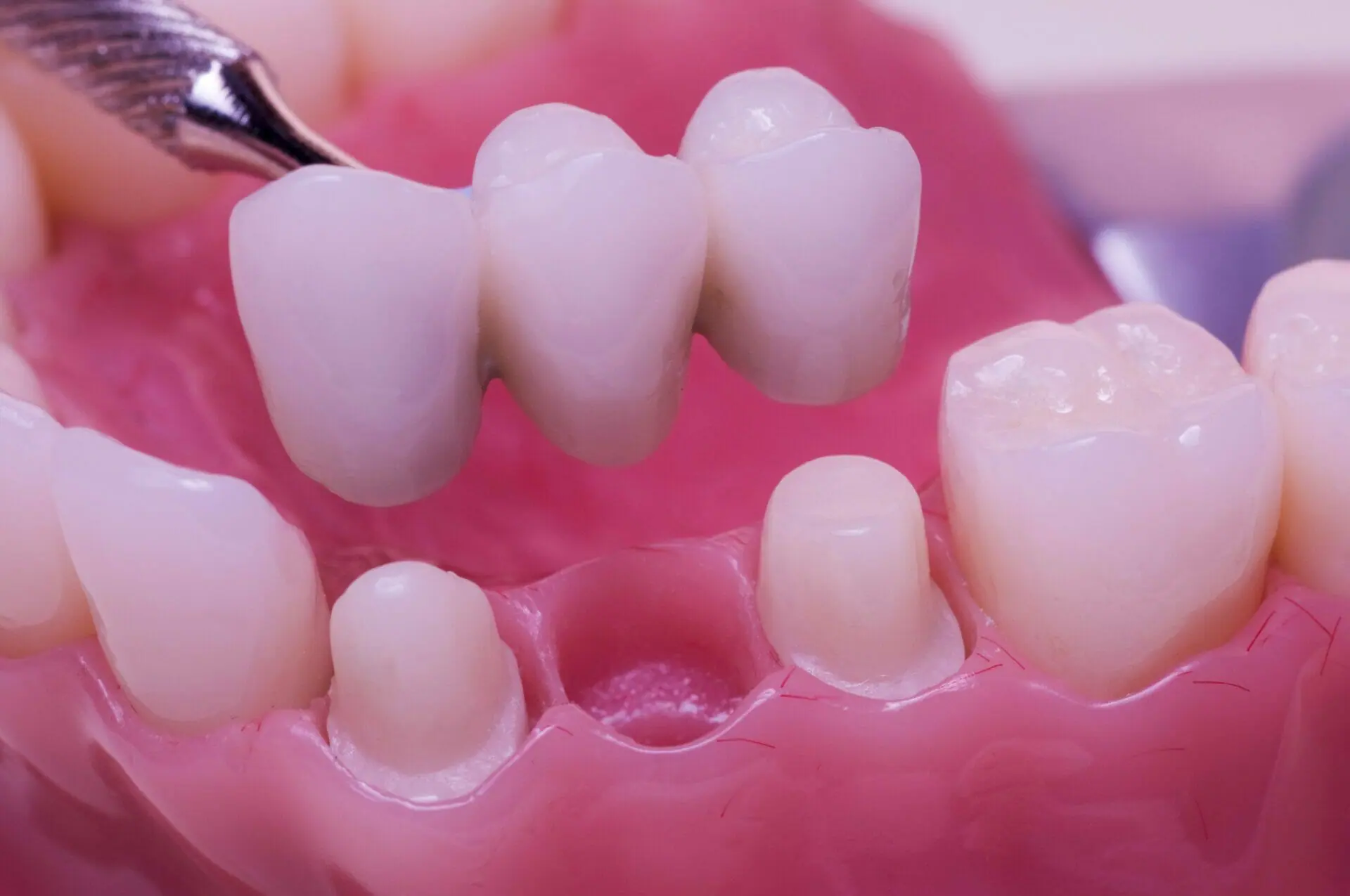
Can a bridge feel like a natural tooth?
05 Jun, 2025 -
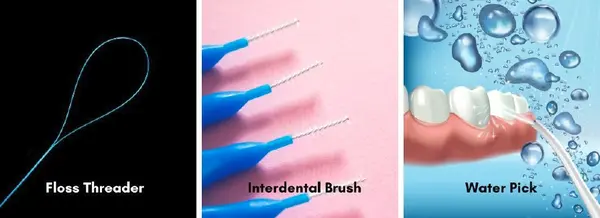
How do I clean around a dental bridge?
05 Jun, 2025 -
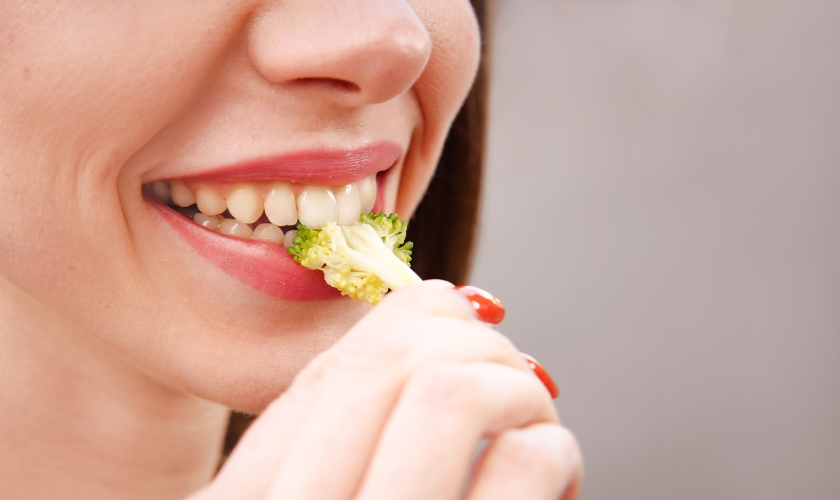
Can I eat normally with a dental bridge?
05 Jun, 2025 -
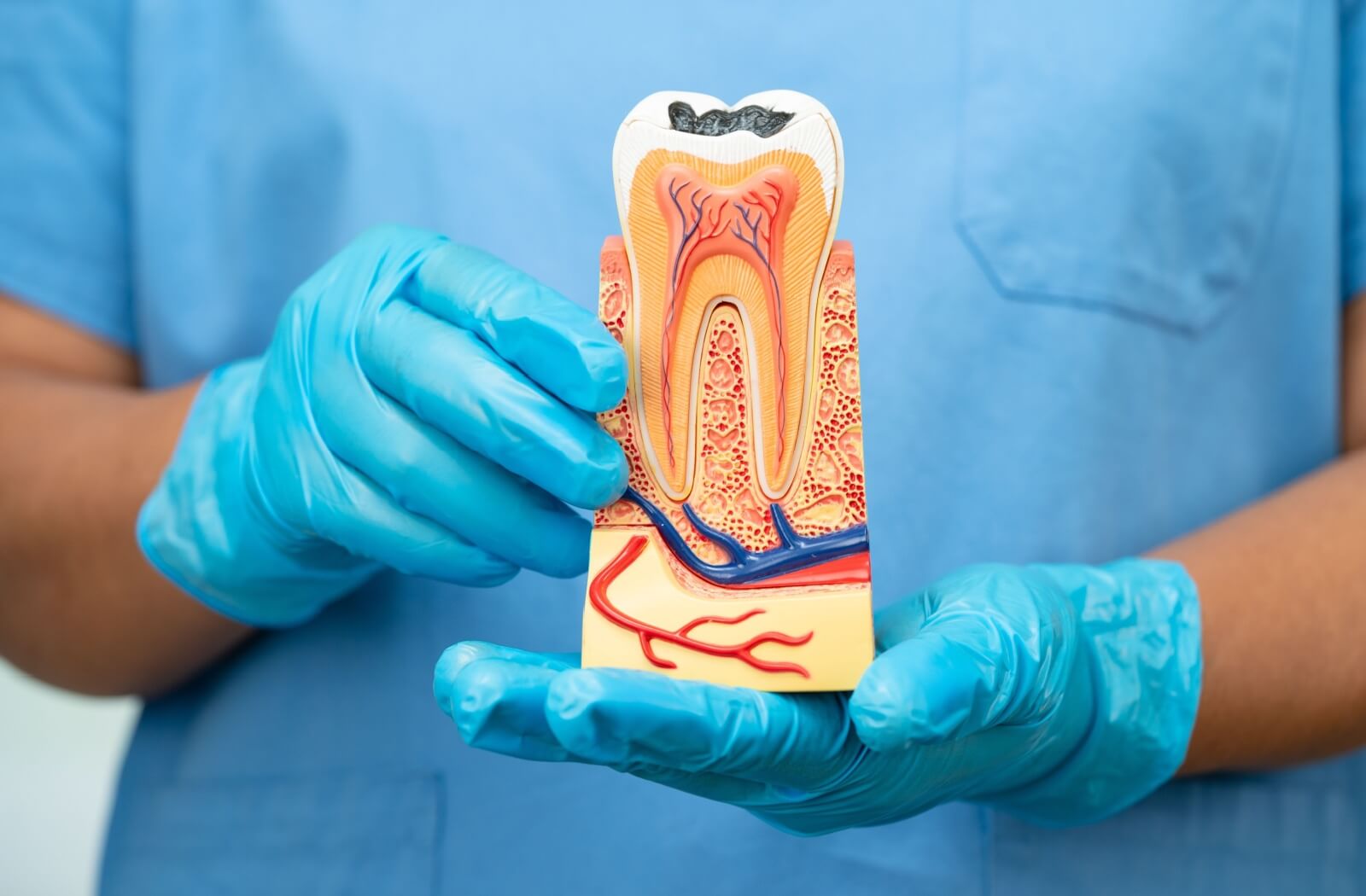
How long does a root canal procedure take?
05 Jun, 2025 -
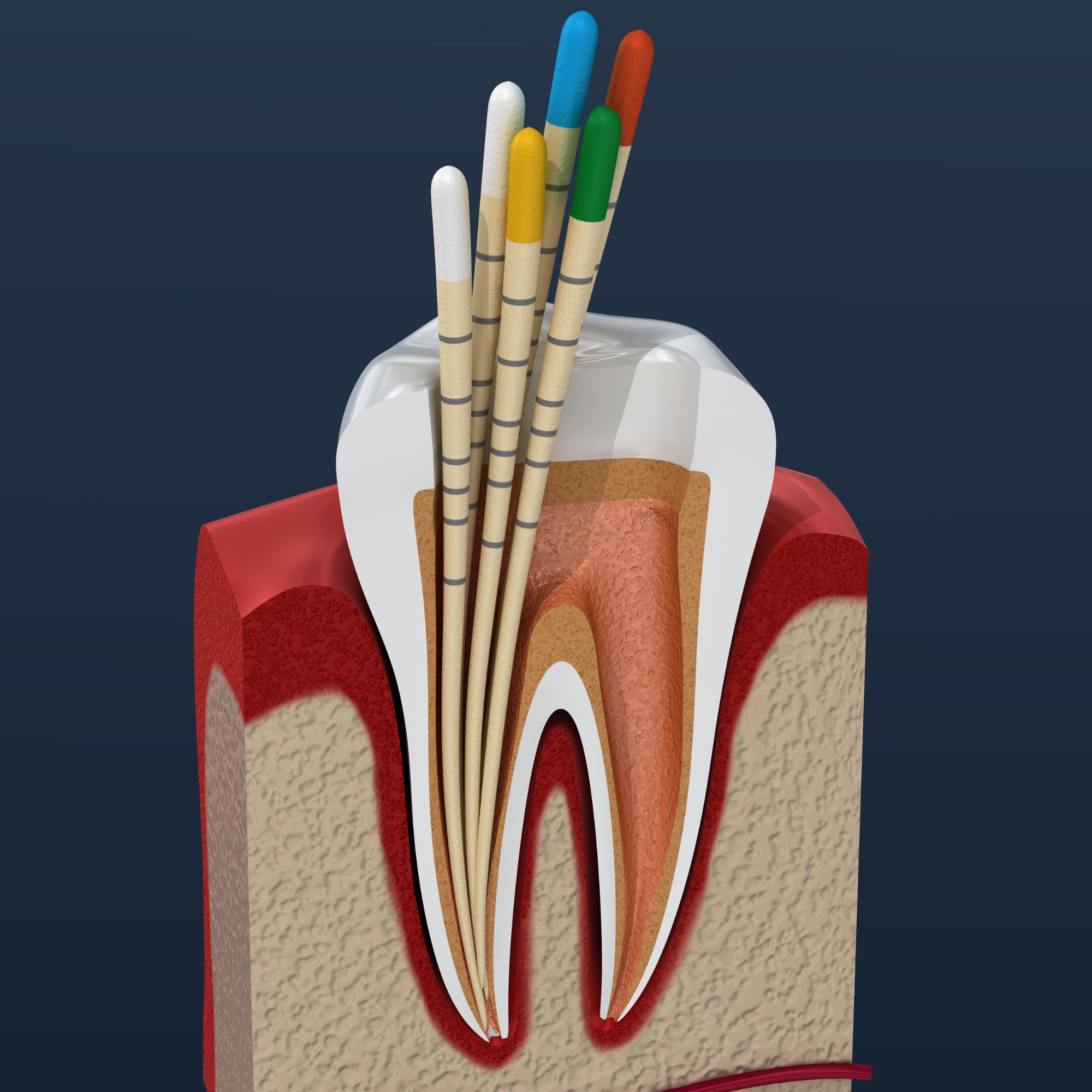
What happens after a root canal?
05 Jun, 2025 -
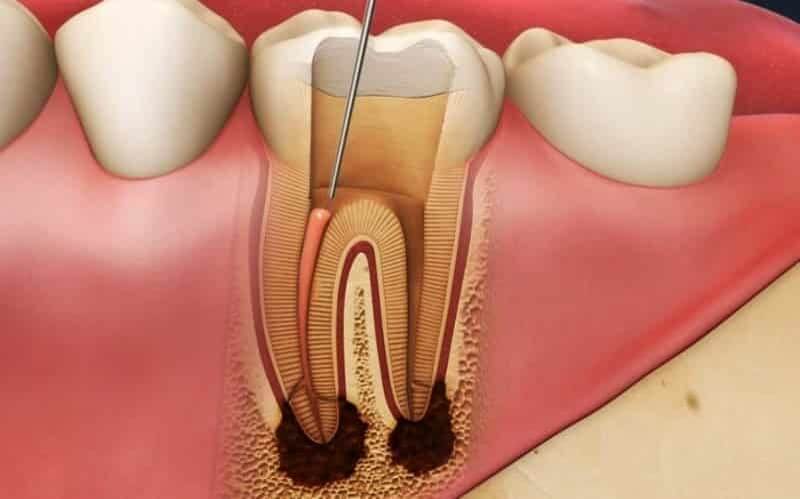
Can a root canal fail?
05 Jun, 2025 -

Is cosmetic dentistry only about appearance?
05 Jun, 2025 -
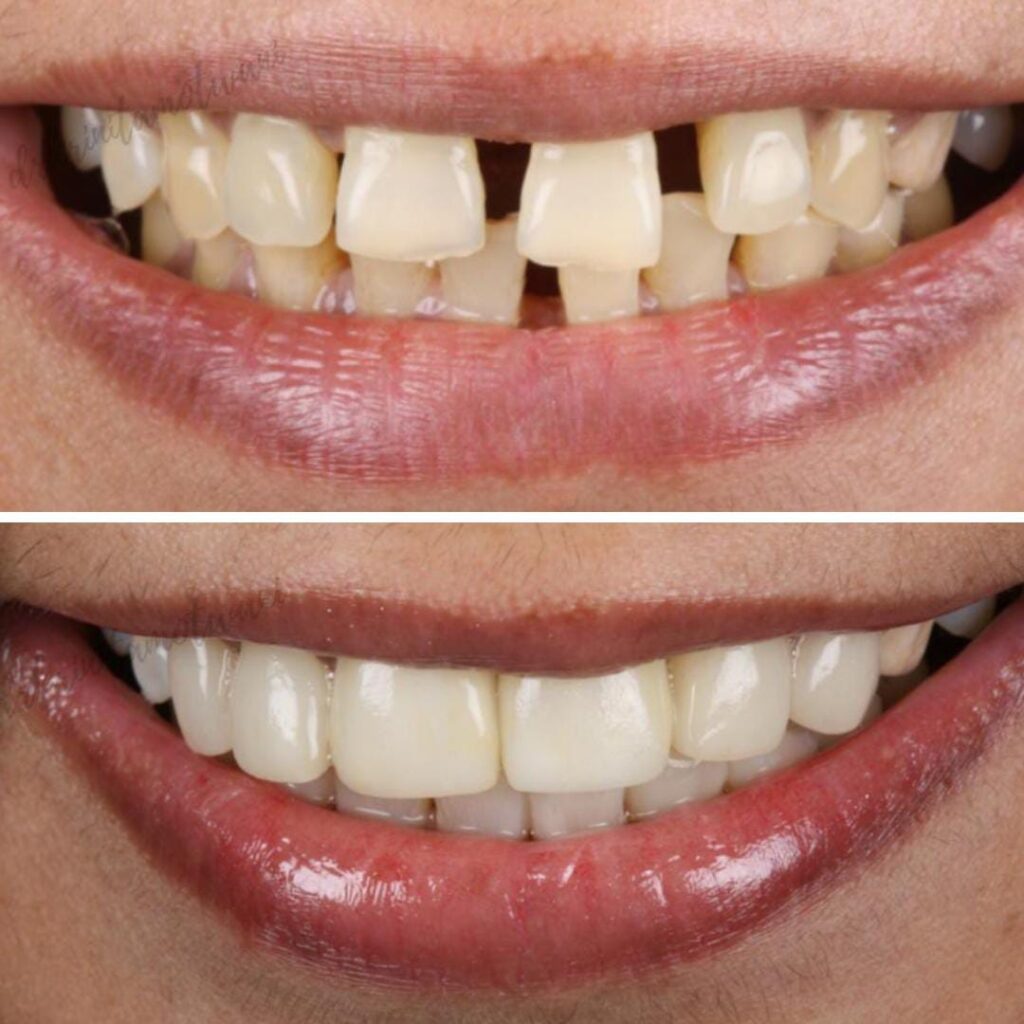
Can cosmetic dentistry fix gaps between teeth?
05 Jun, 2025 -
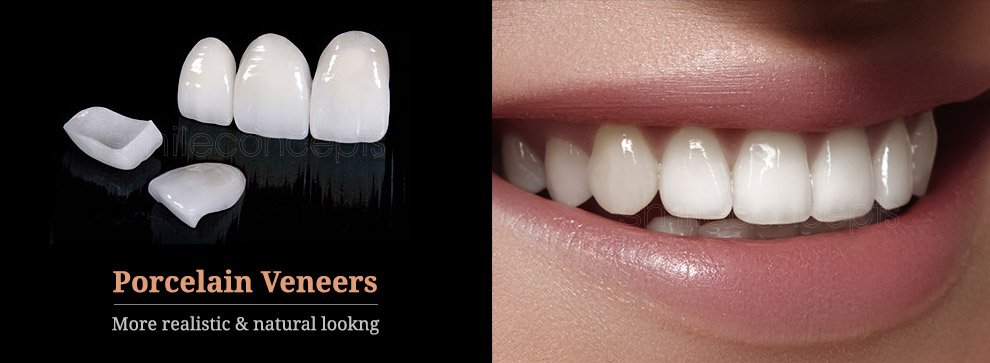
Are veneers permanent?
05 Jun, 2025 -
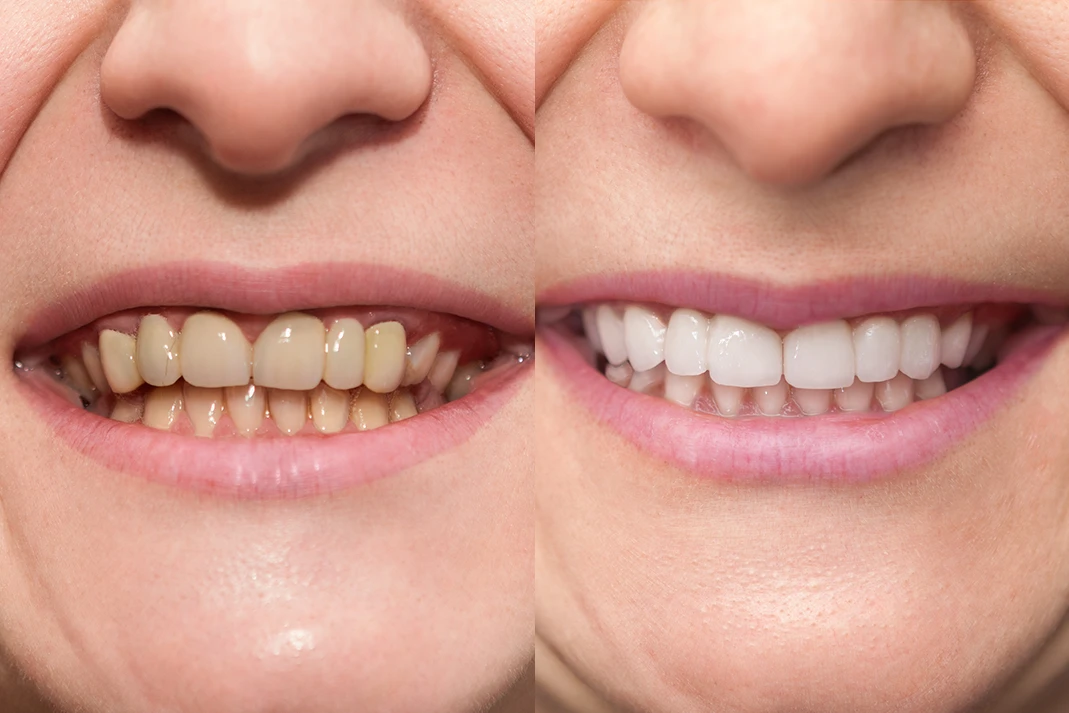
-
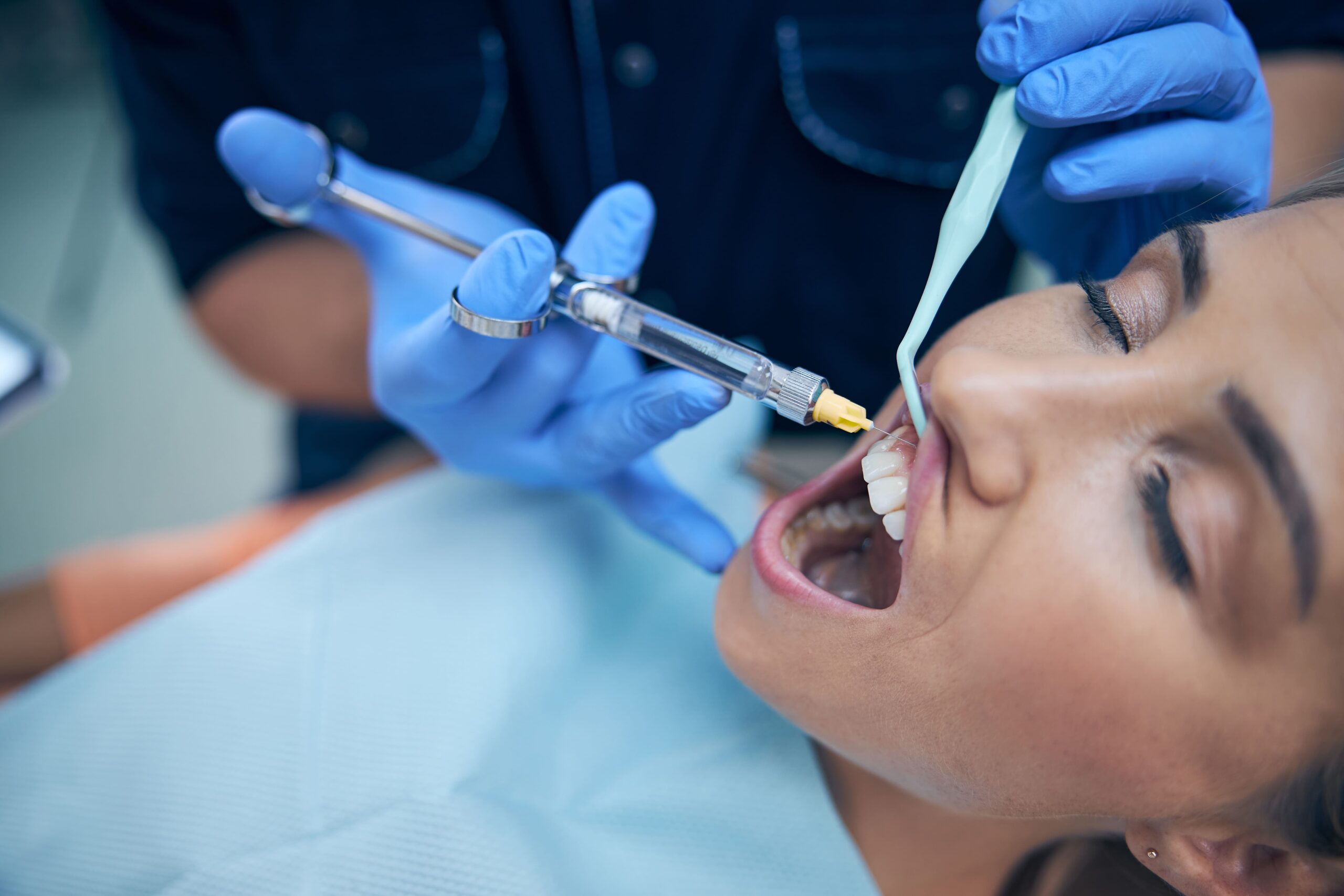
Will I be awake during my dental procedure?
05 Jun, 2025 -
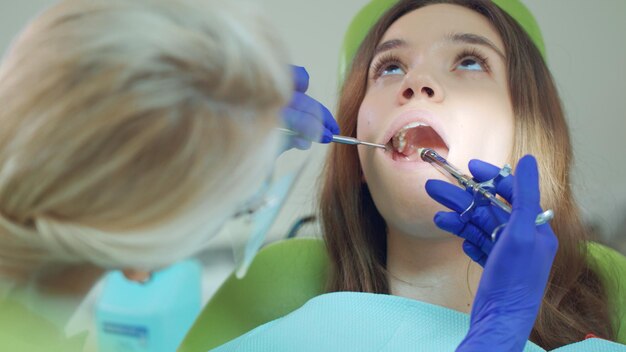
Is dental anesthesia safe?
05 Jun, 2025 -
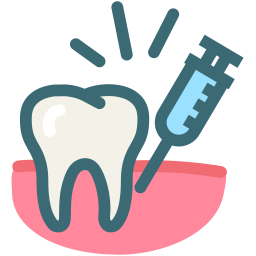
What are the side effects of dental anesthesia?
05 Jun, 2025 -

Can children safely receive dental anesthesia?
05 Jun, 2025 -

Do I need to be asleep for tooth extraction?
05 Jun, 2025 -

What are impacted wisdom teeth?
05 Jun, 2025 -
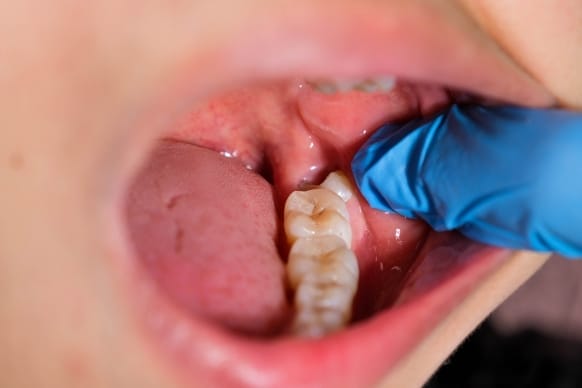
How long is the recovery after wisdom tooth surgery?
05 Jun, 2025 -
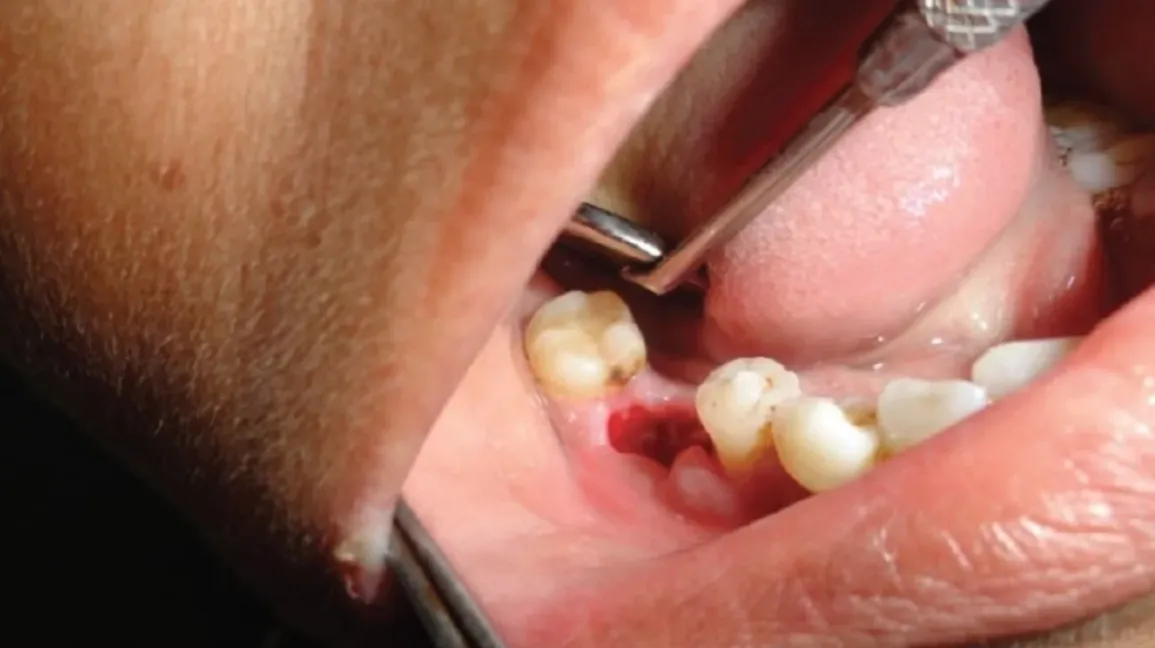
What is dry socket, and how can I avoid it?
05 Jun, 2025 -

Is jaw surgery only for cosmetic reasons?
05 Jun, 2025 -
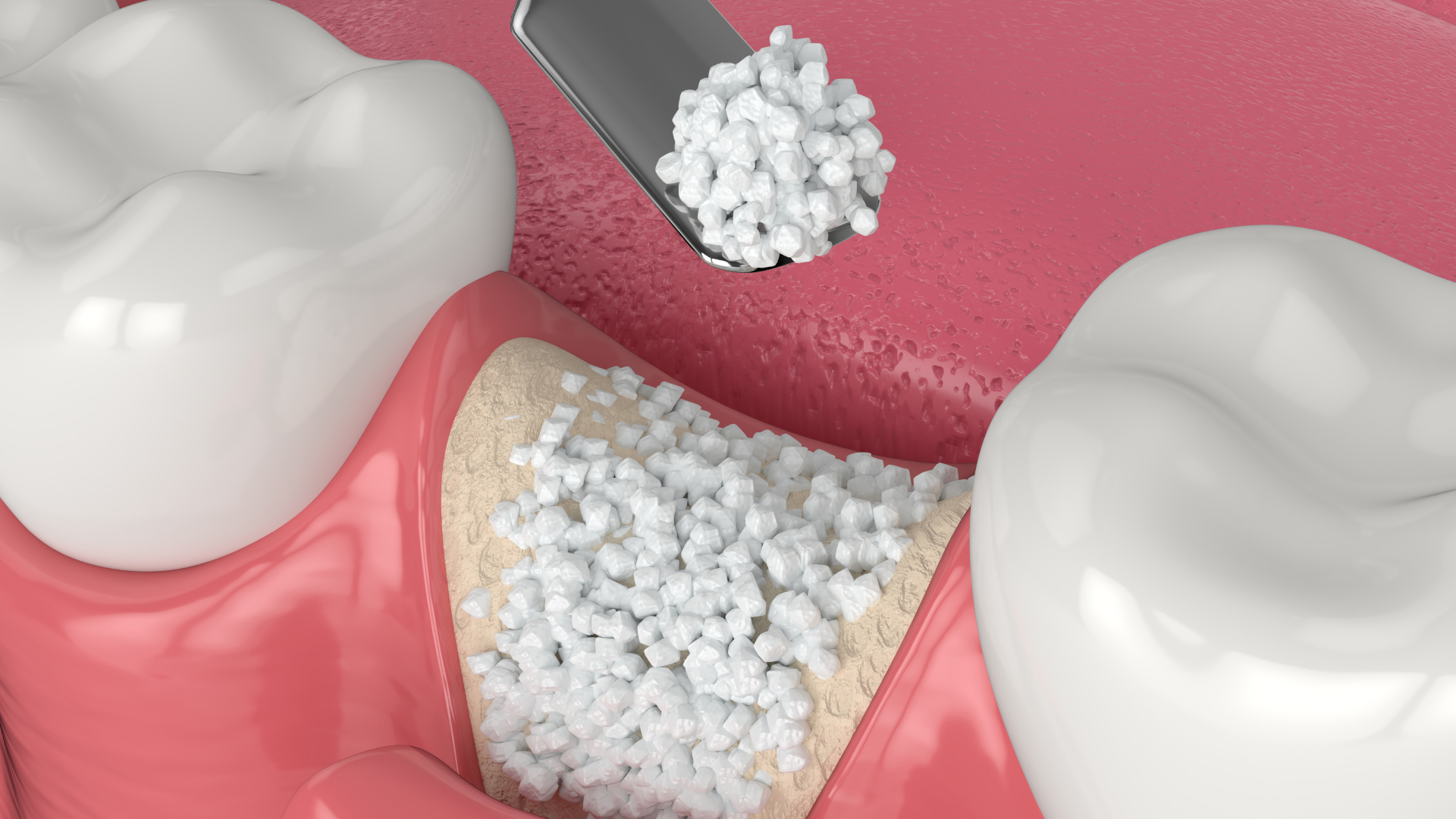
What is bone grafting in dentistry?
05 Jun, 2025 -

How painful is oral surgery?
05 Jun, 2025 -

Can I work the day after oral surgery?
05 Jun, 2025 -

Is oral surgery safe?
05 Jun, 2025 -

At what age should my child see an orthodontist?
05 Jun, 2025 -
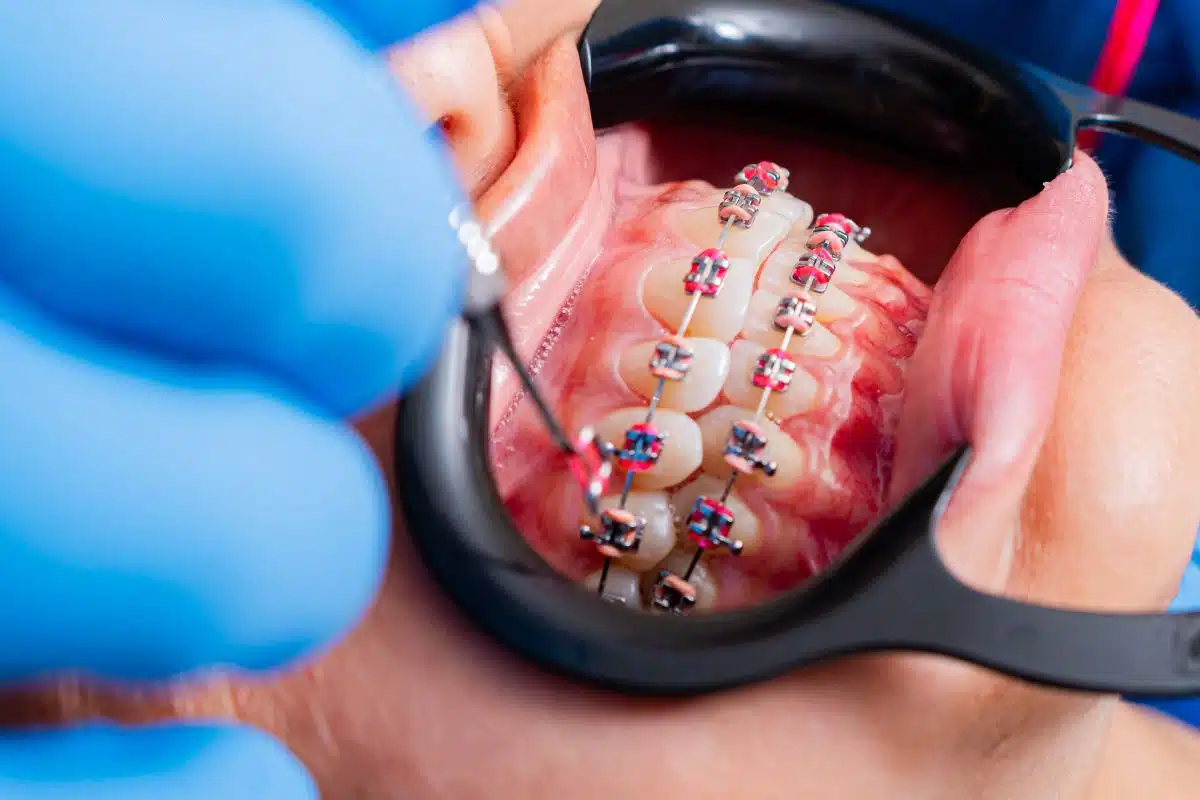
Do braces hurt?
05 Jun, 2025 -

How long does orthodontic treatment usually take?
05 Jun, 2025 -

-

Can adults get braces too?
05 Jun, 2025 -
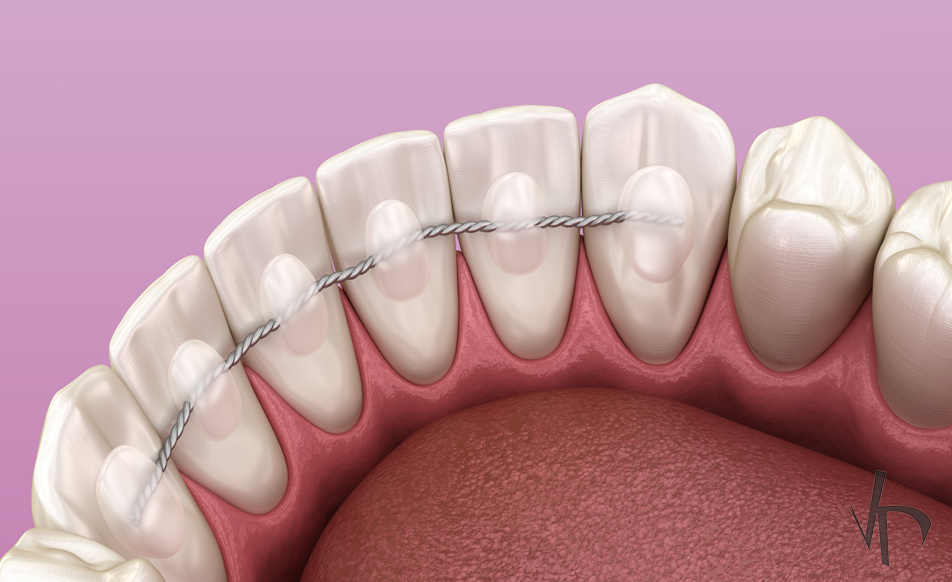
Will I need to wear a retainer after braces?
05 Jun, 2025 -
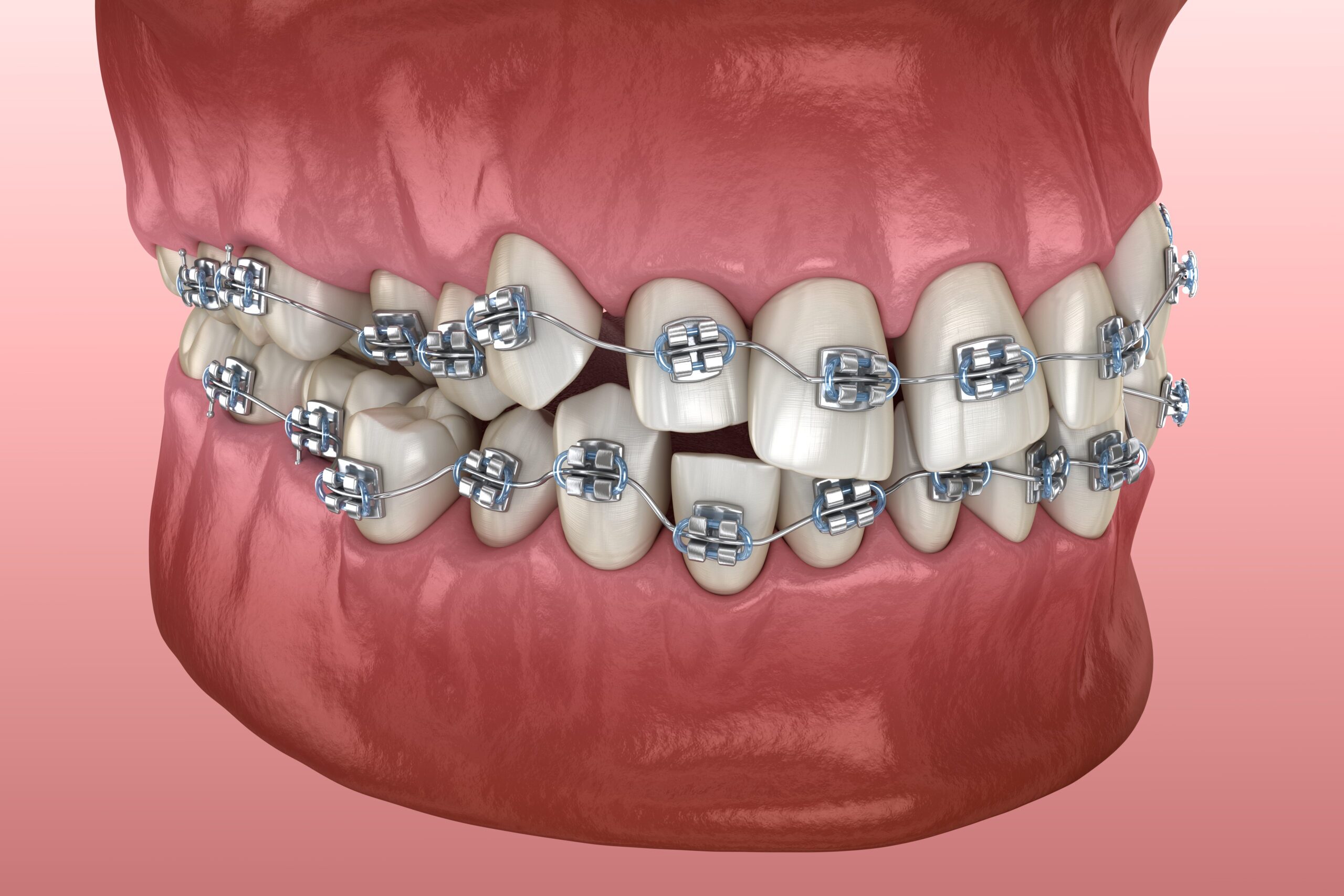
Can orthodontics fix jaw alignment problems?
05 Jun, 2025 -
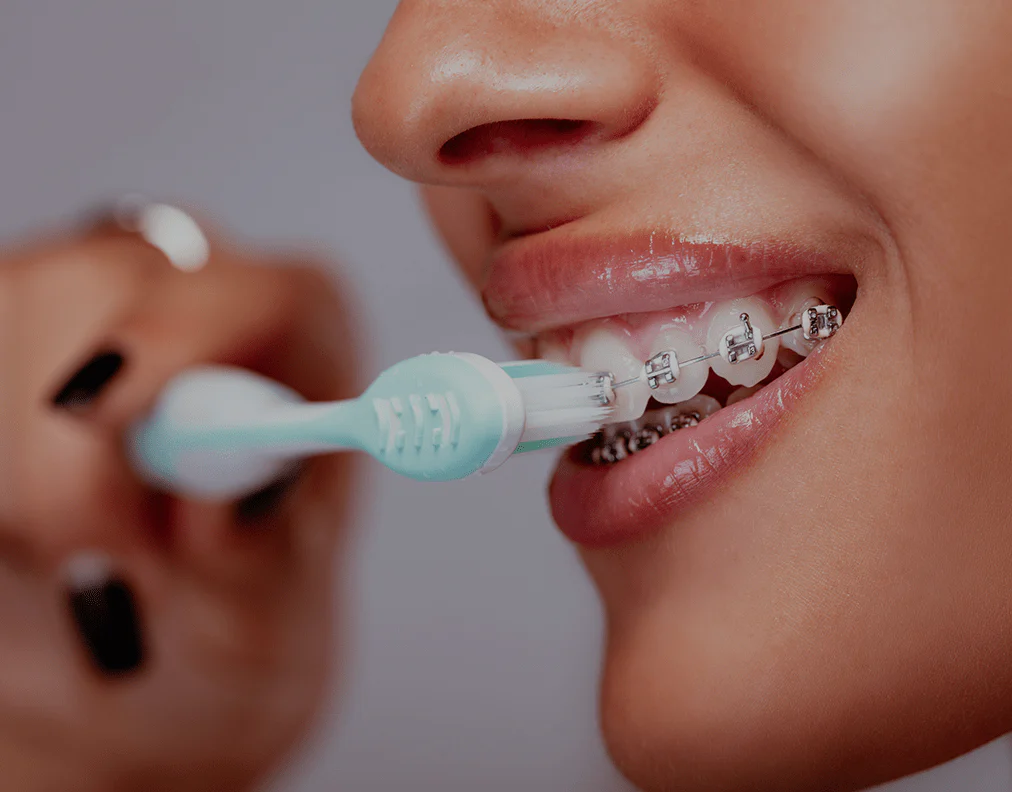
How do I clean my teeth with braces?
05 Jun, 2025 -

Are there risks to orthodontic treatment?
05 Jun, 2025 -

Where is Balkan Dental Polyclinic located?
05 Jun, 2025 -

-

Do you offer travel or accommodation assistance?
05 Jun, 2025 -
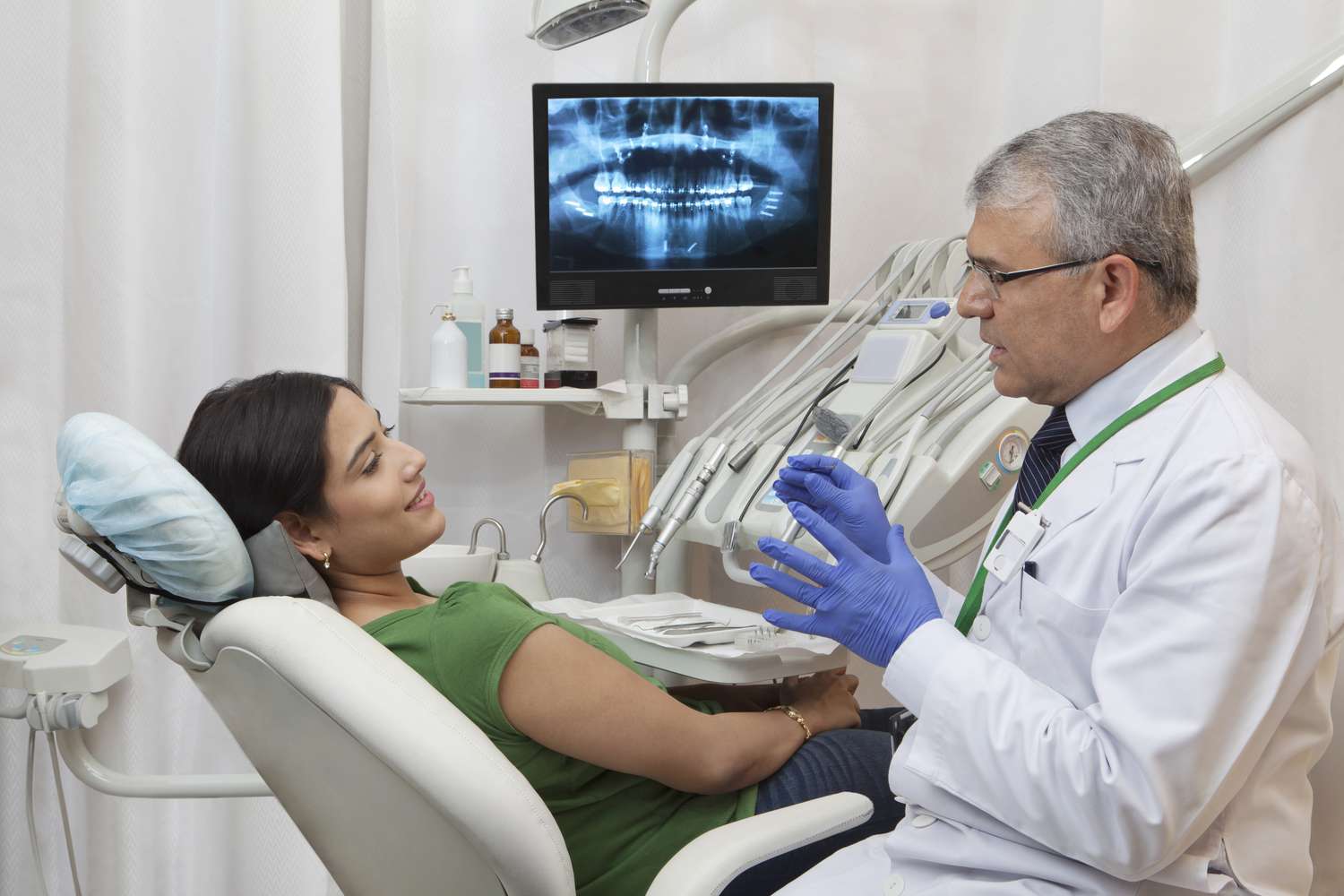
Is English spoken at your clinic?
05 Jun, 2025 -
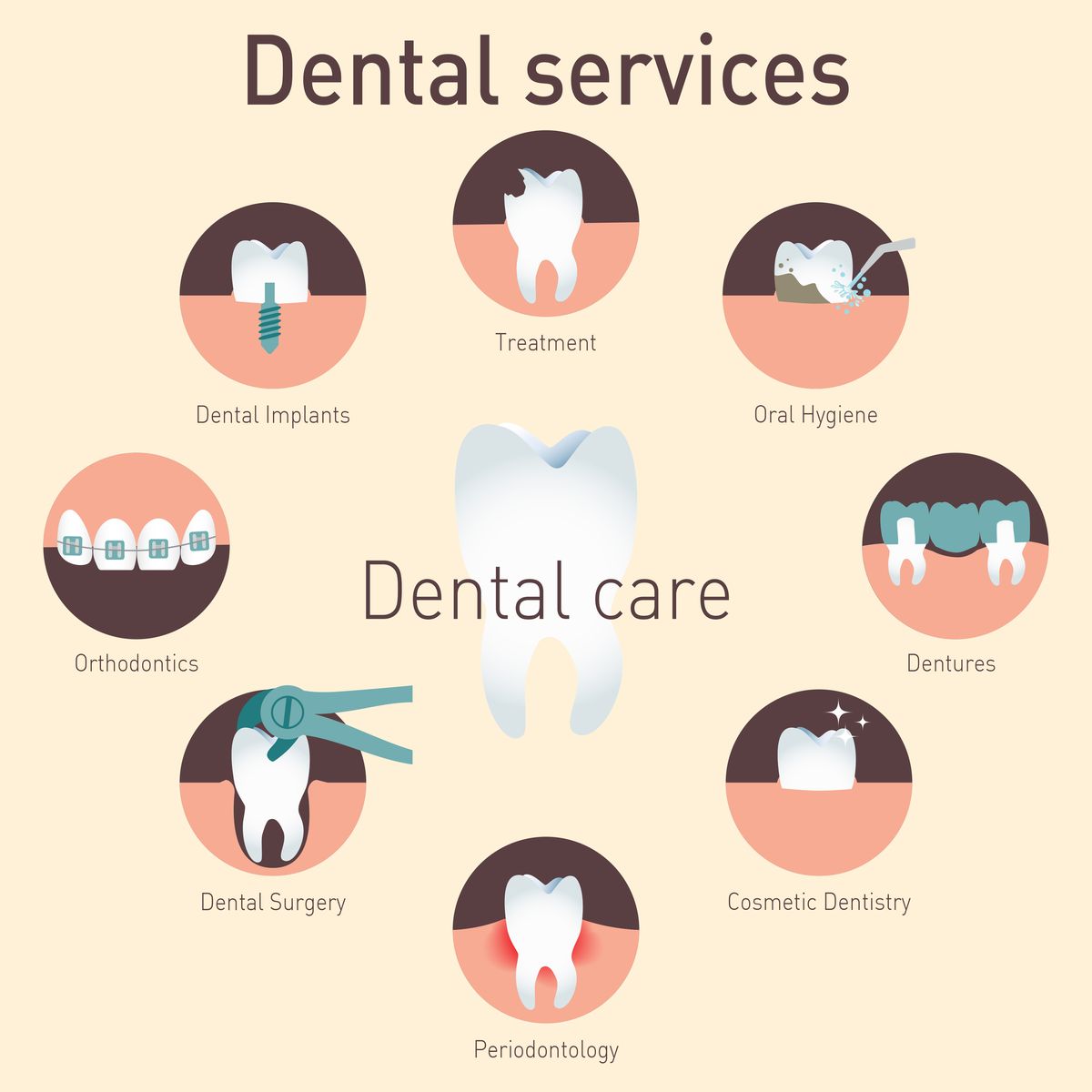
-

-
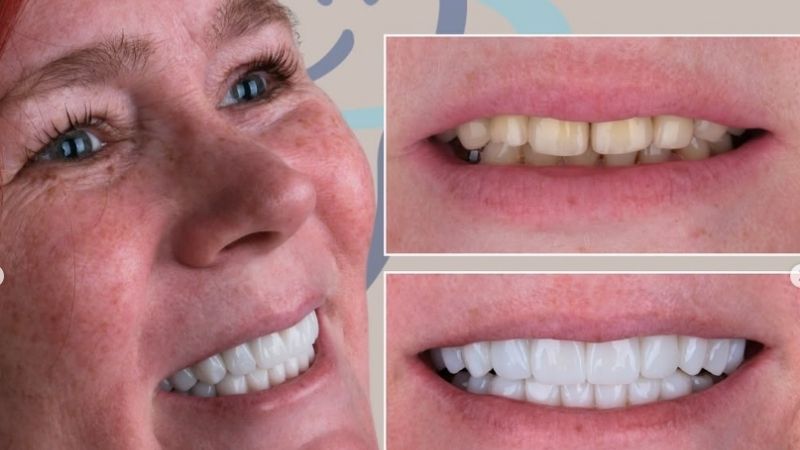
Can I get veneers in just one trip?
05 Jun, 2025 -

What if I need follow-up care after returning home?
05 Jun, 2025 -
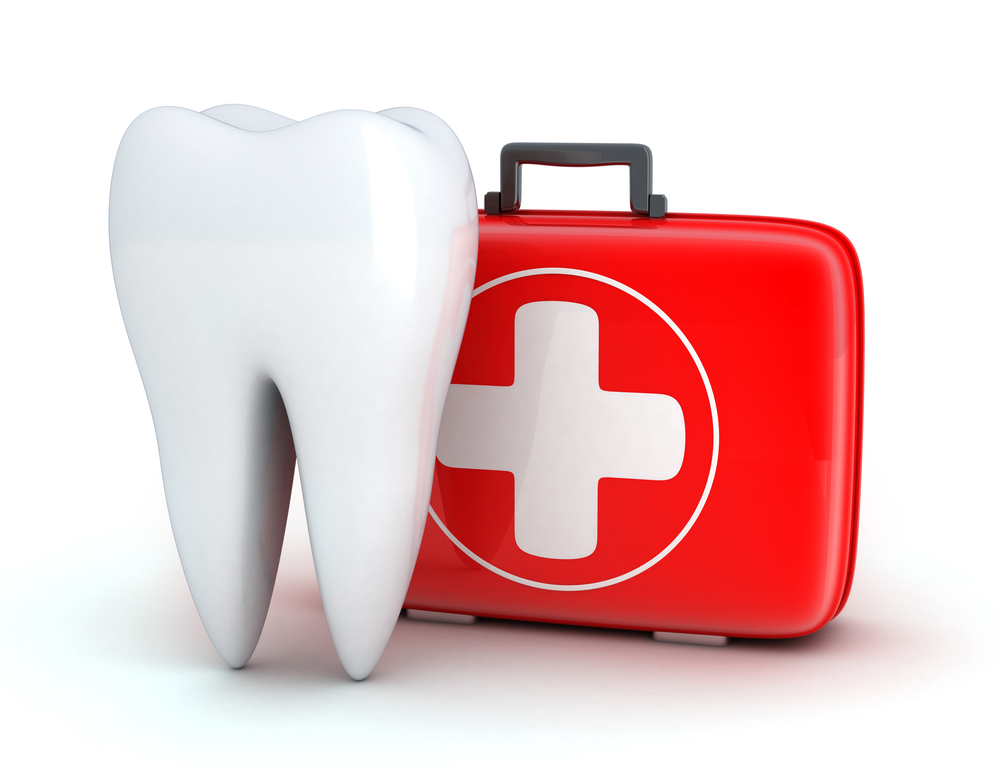
-

-
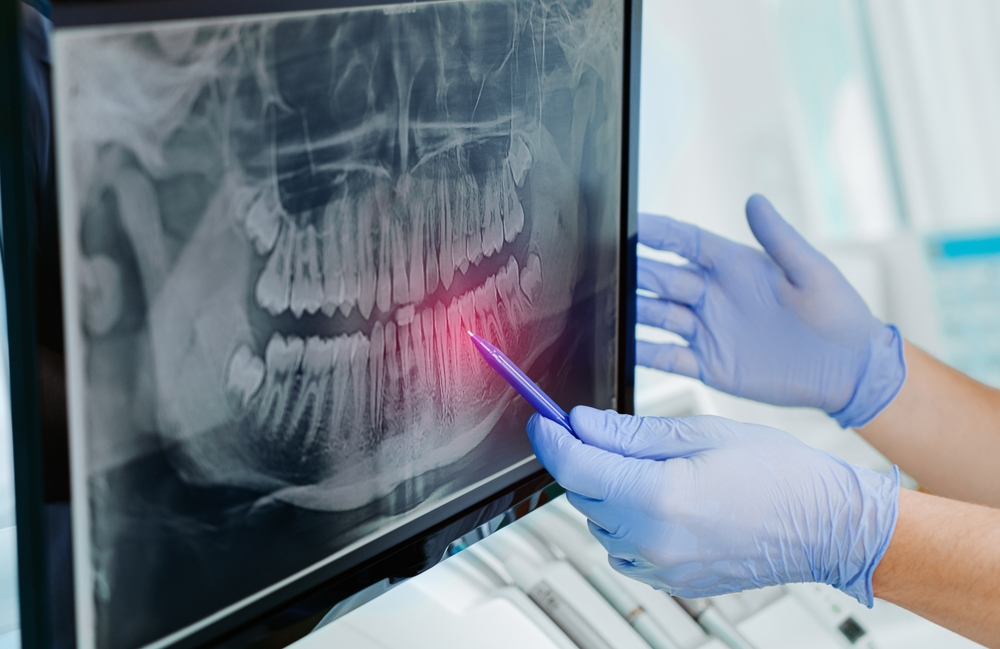
How can I get a treatment plan before traveling?
05 Jun, 2025 -

What payment options are available?
05 Jun, 2025 -

-

Is dental care in North Macedonia safe and hygienic?
05 Jun, 2025 -

Are your dentists internationally trained?
05 Jun, 2025 -

-

Do you offer written warranties for treatments?
05 Jun, 2025 -
